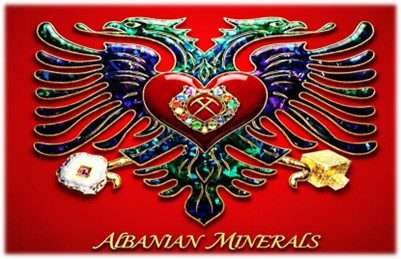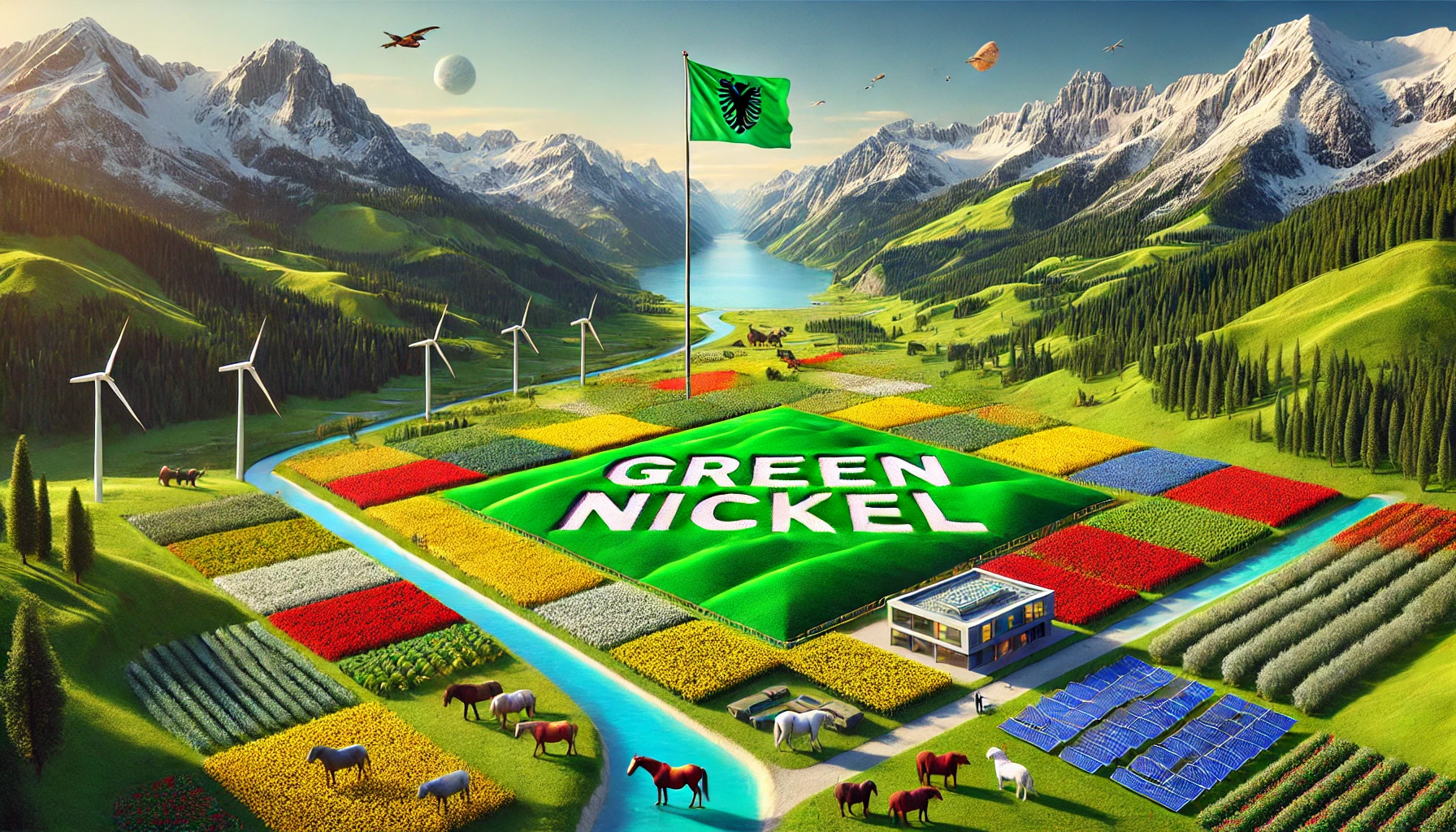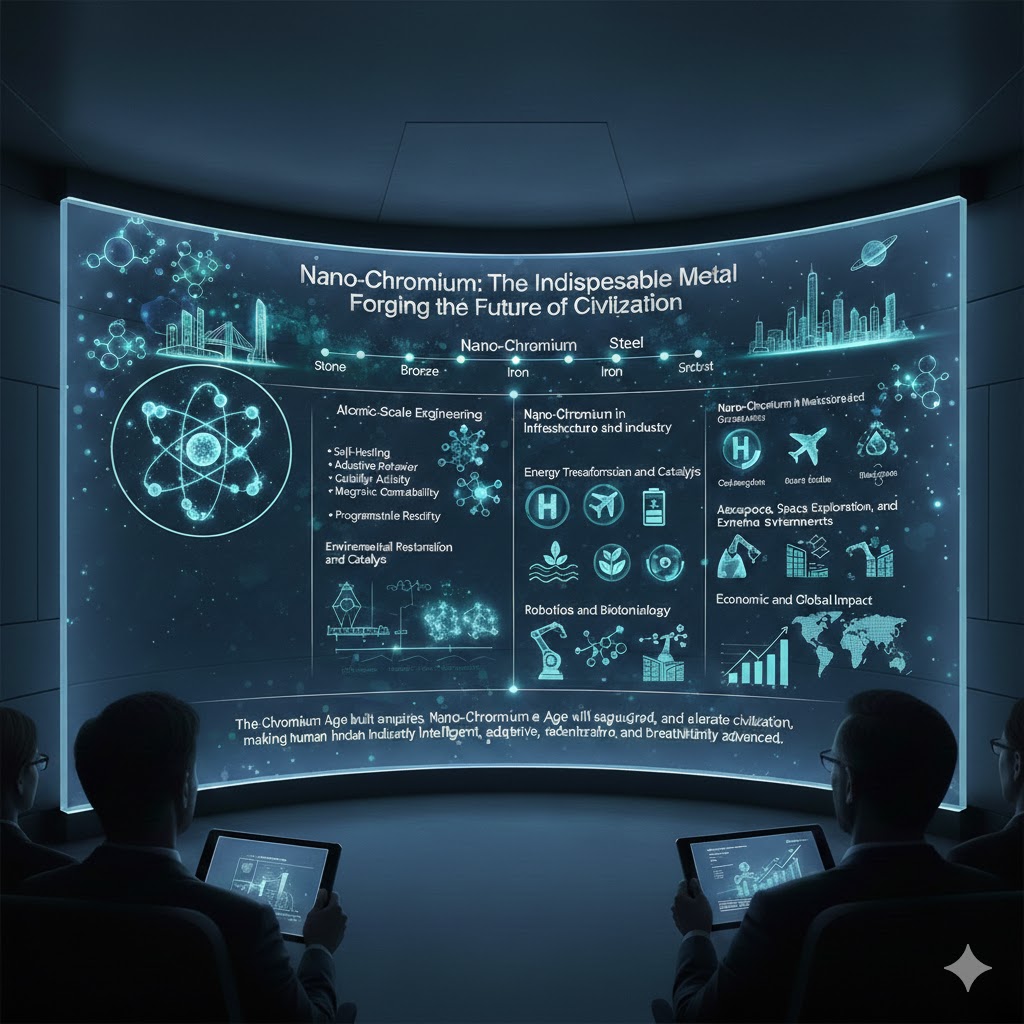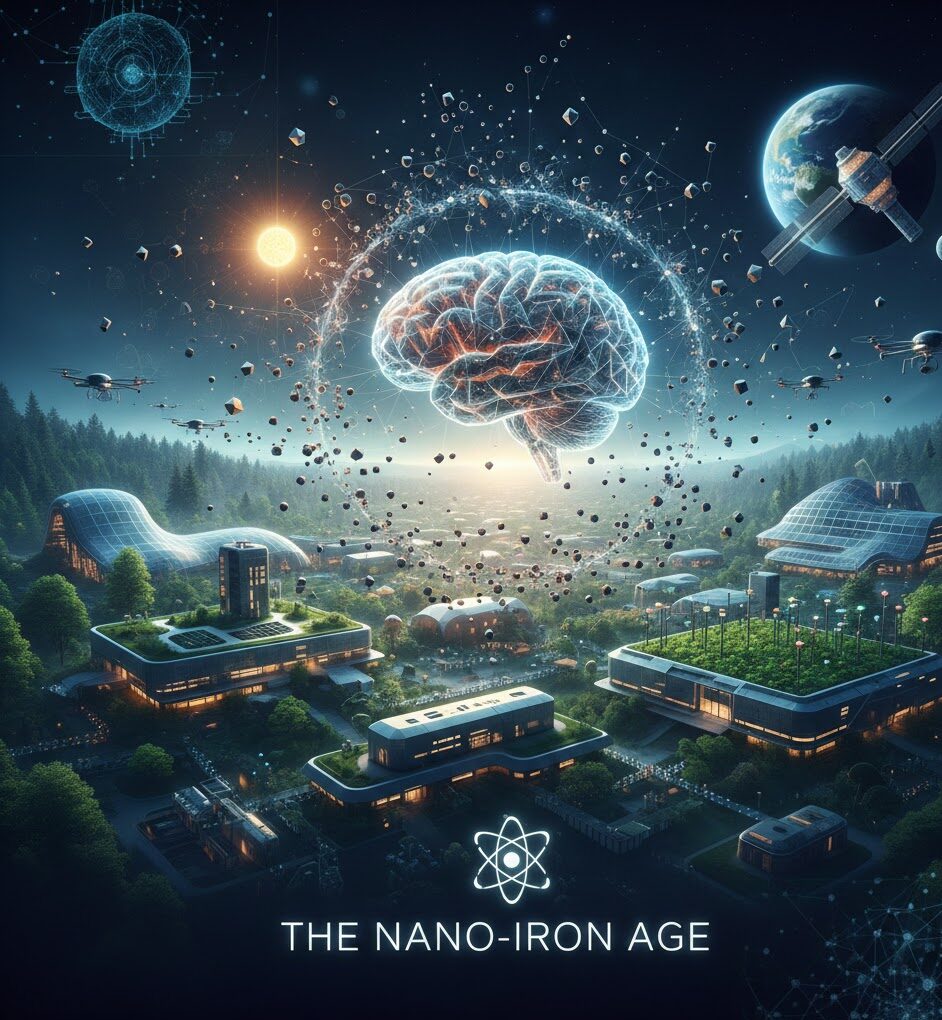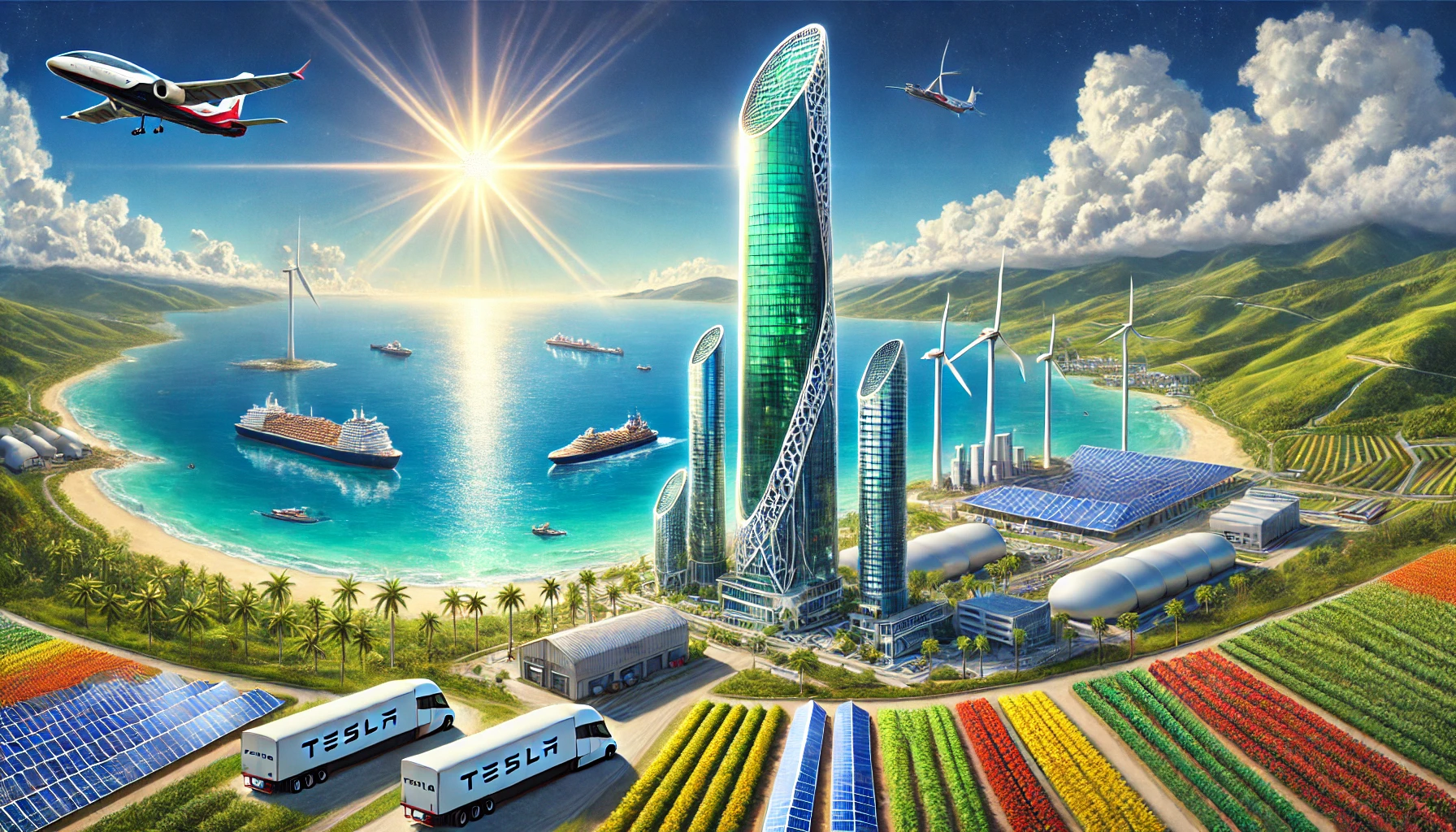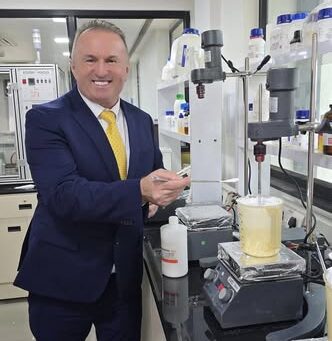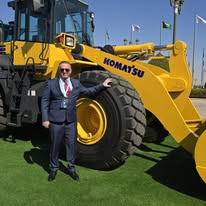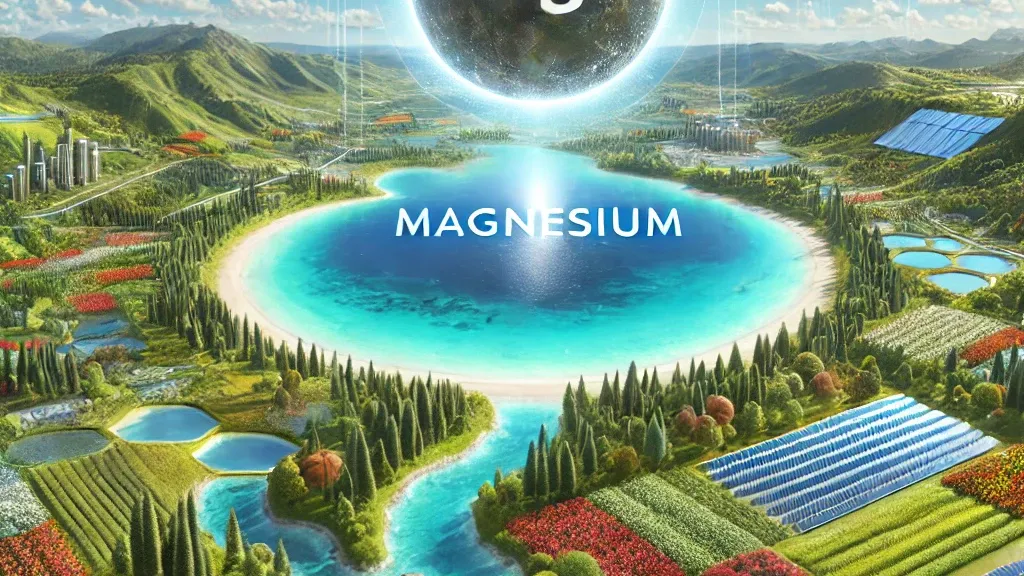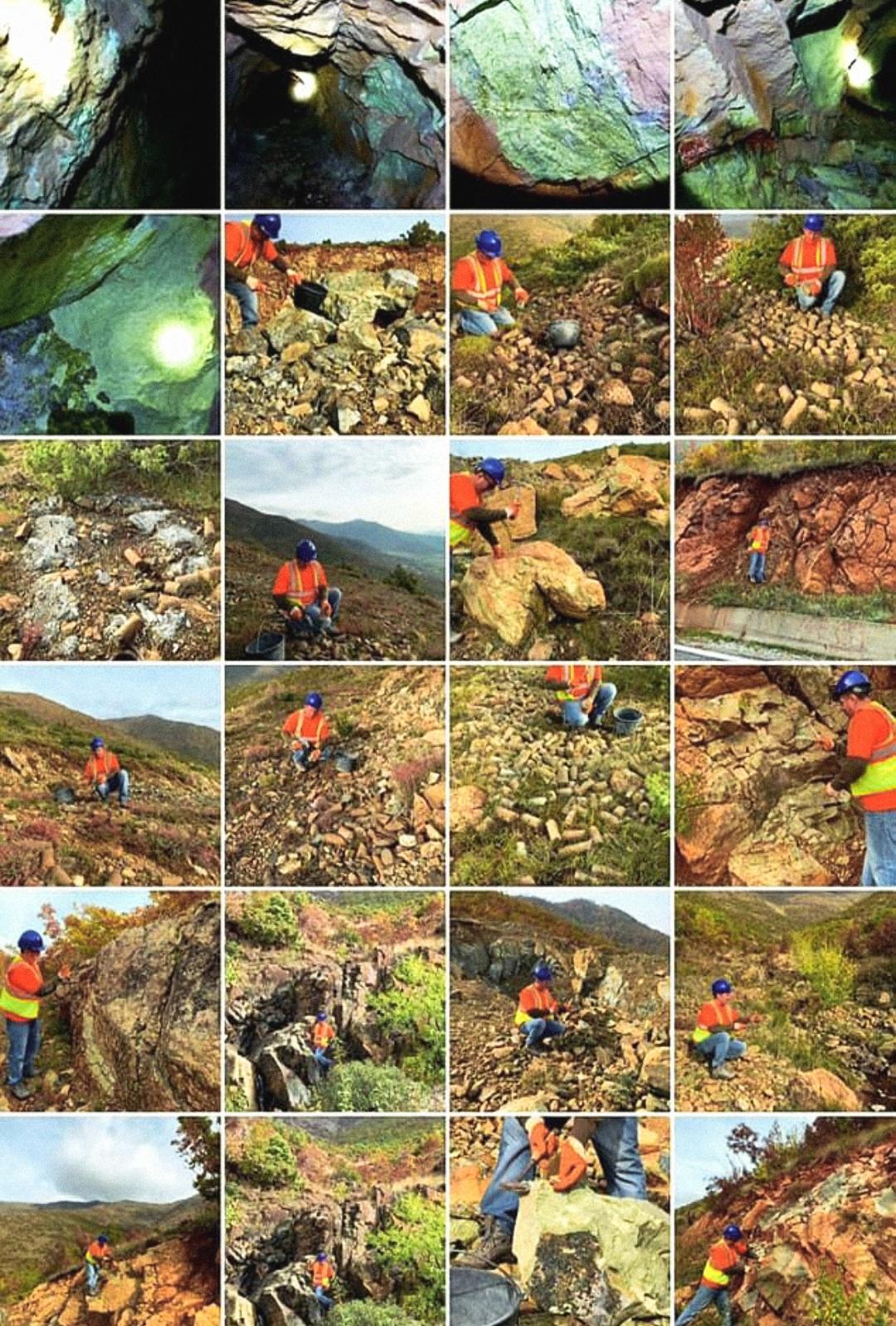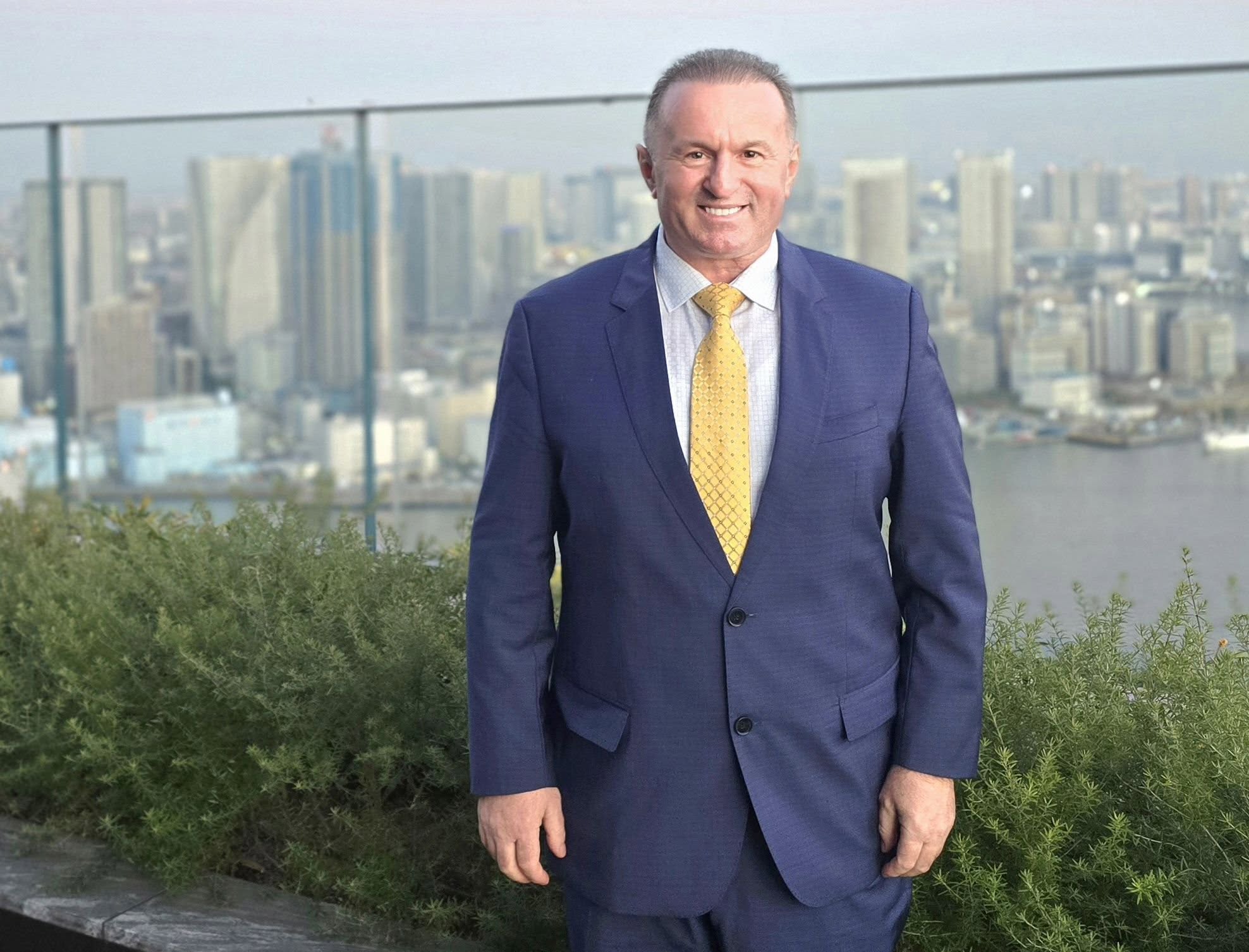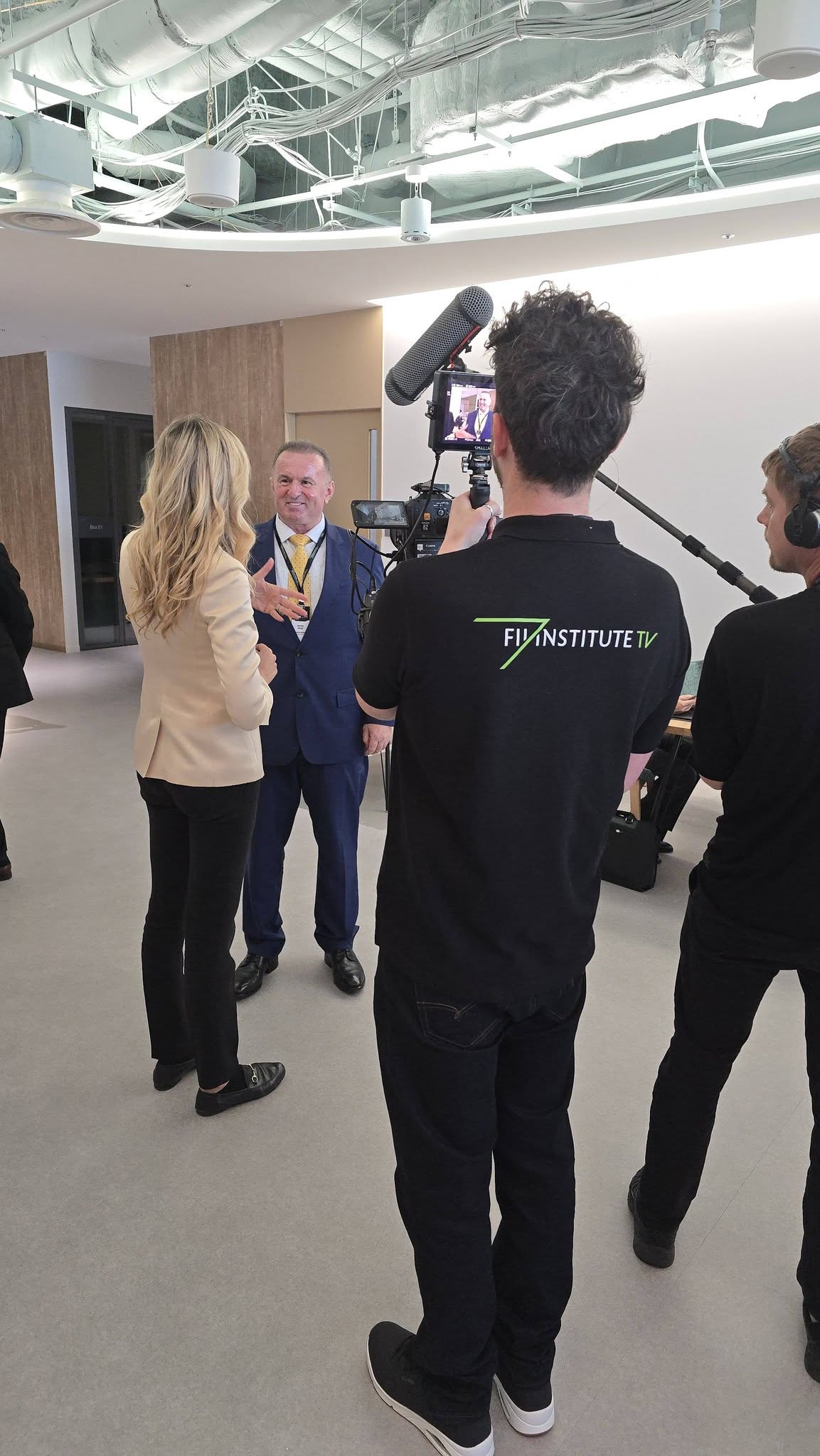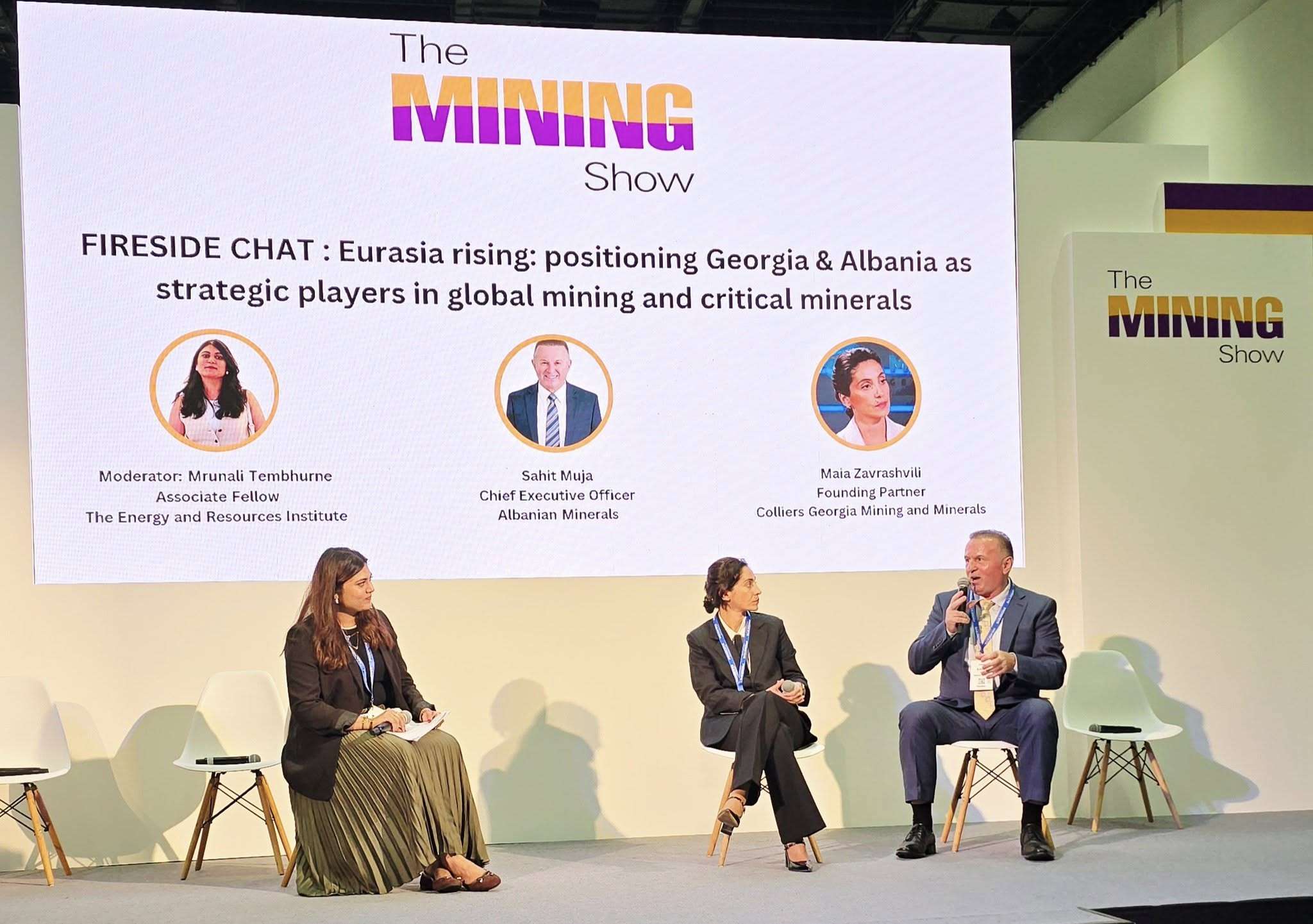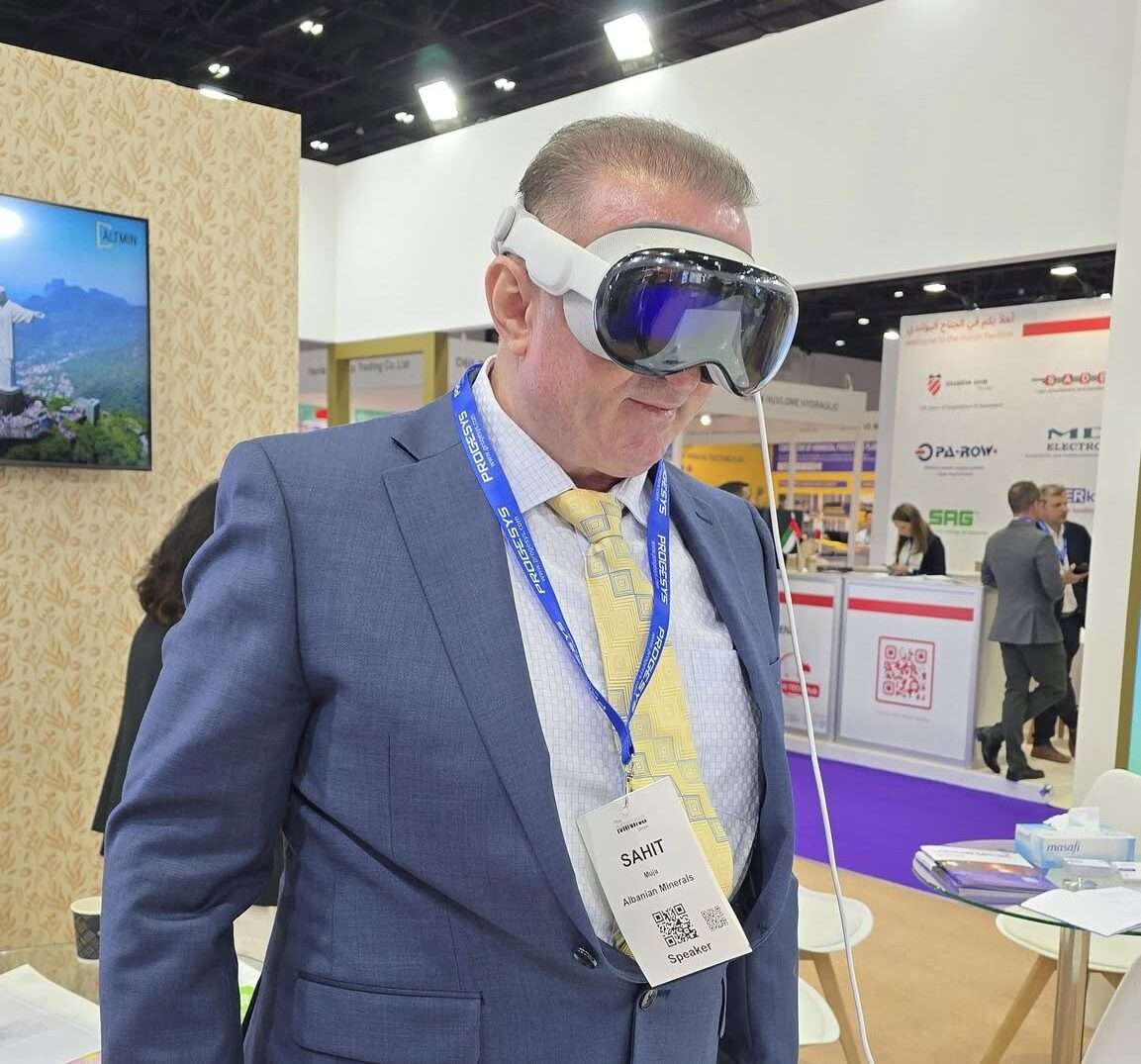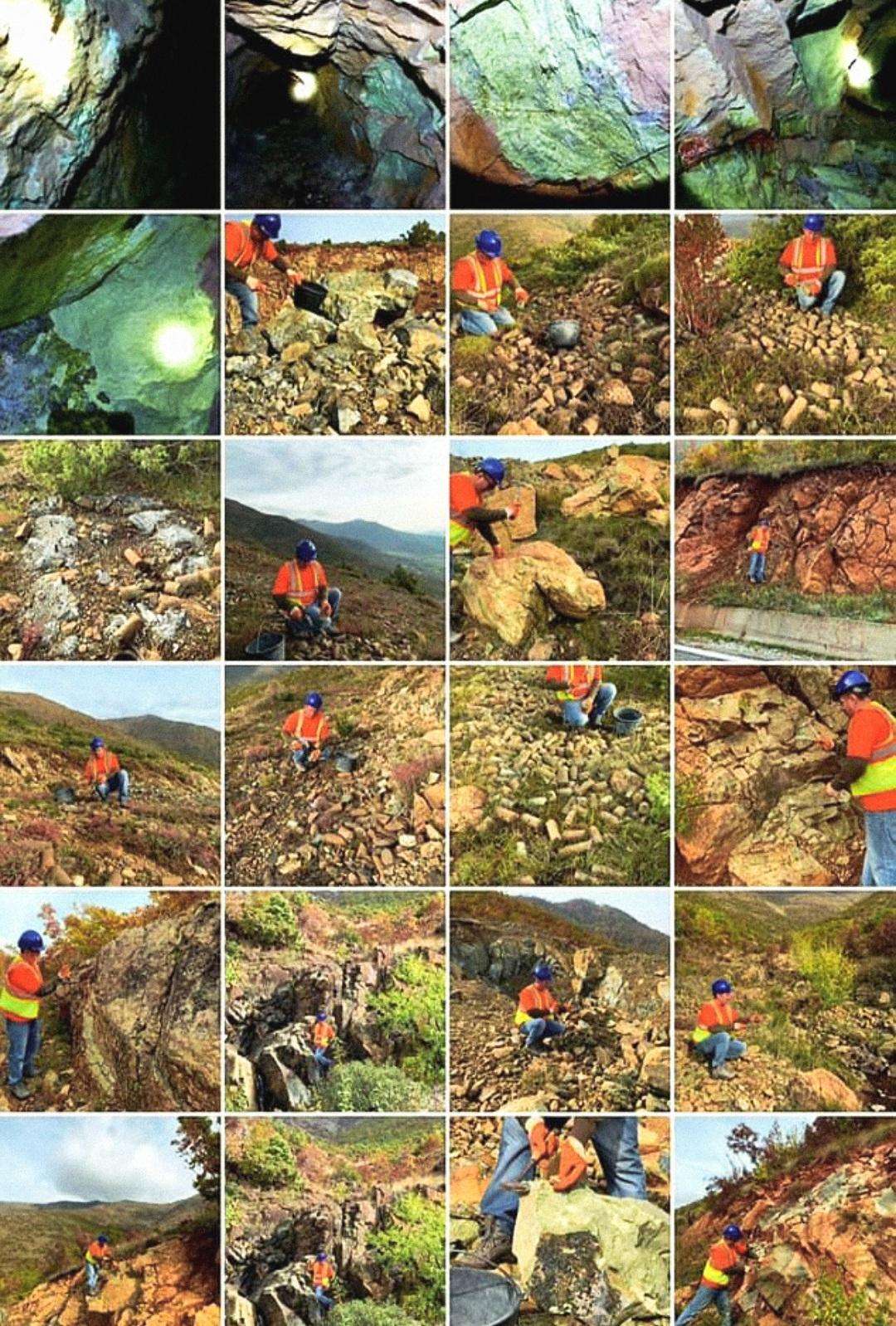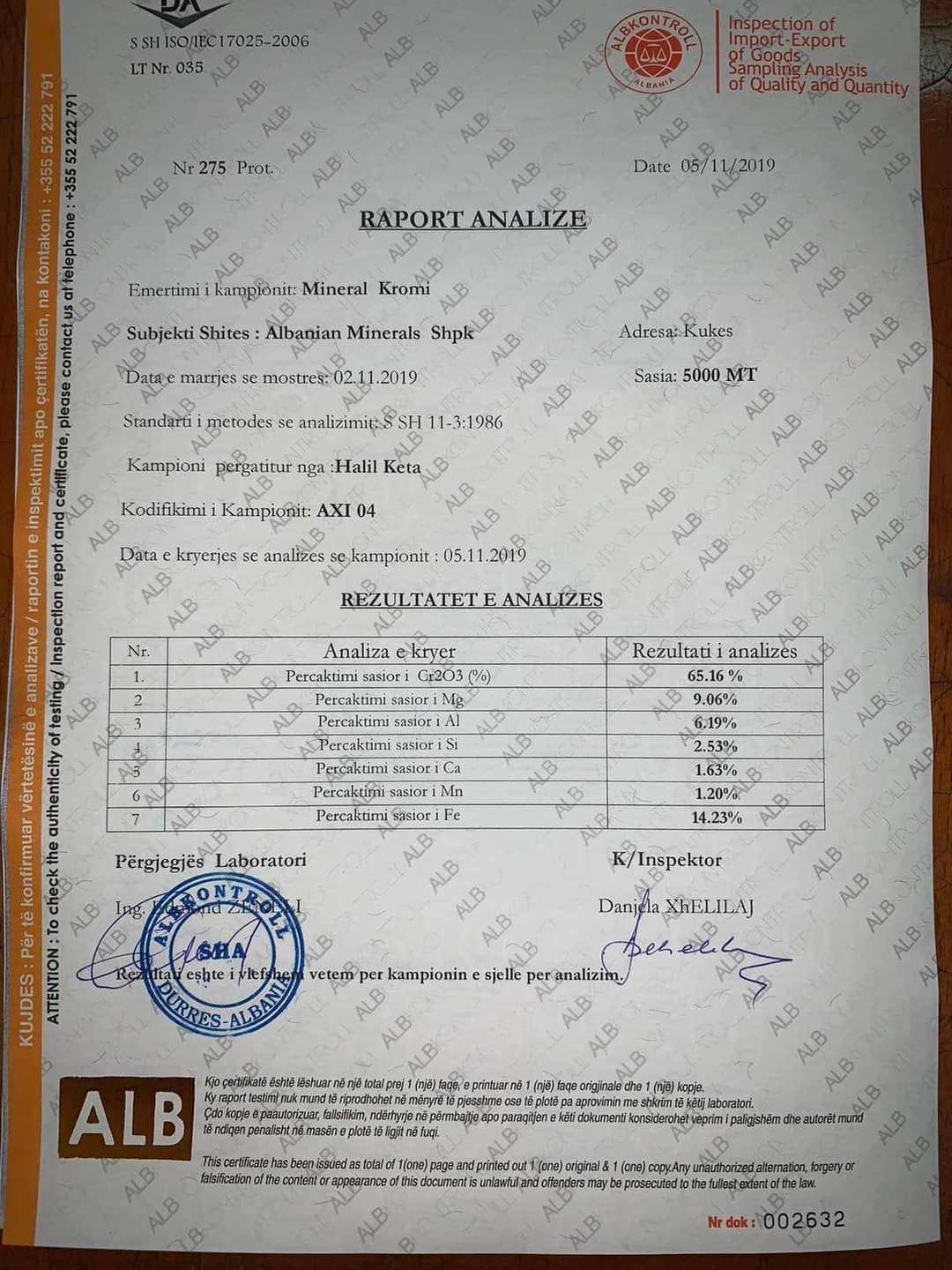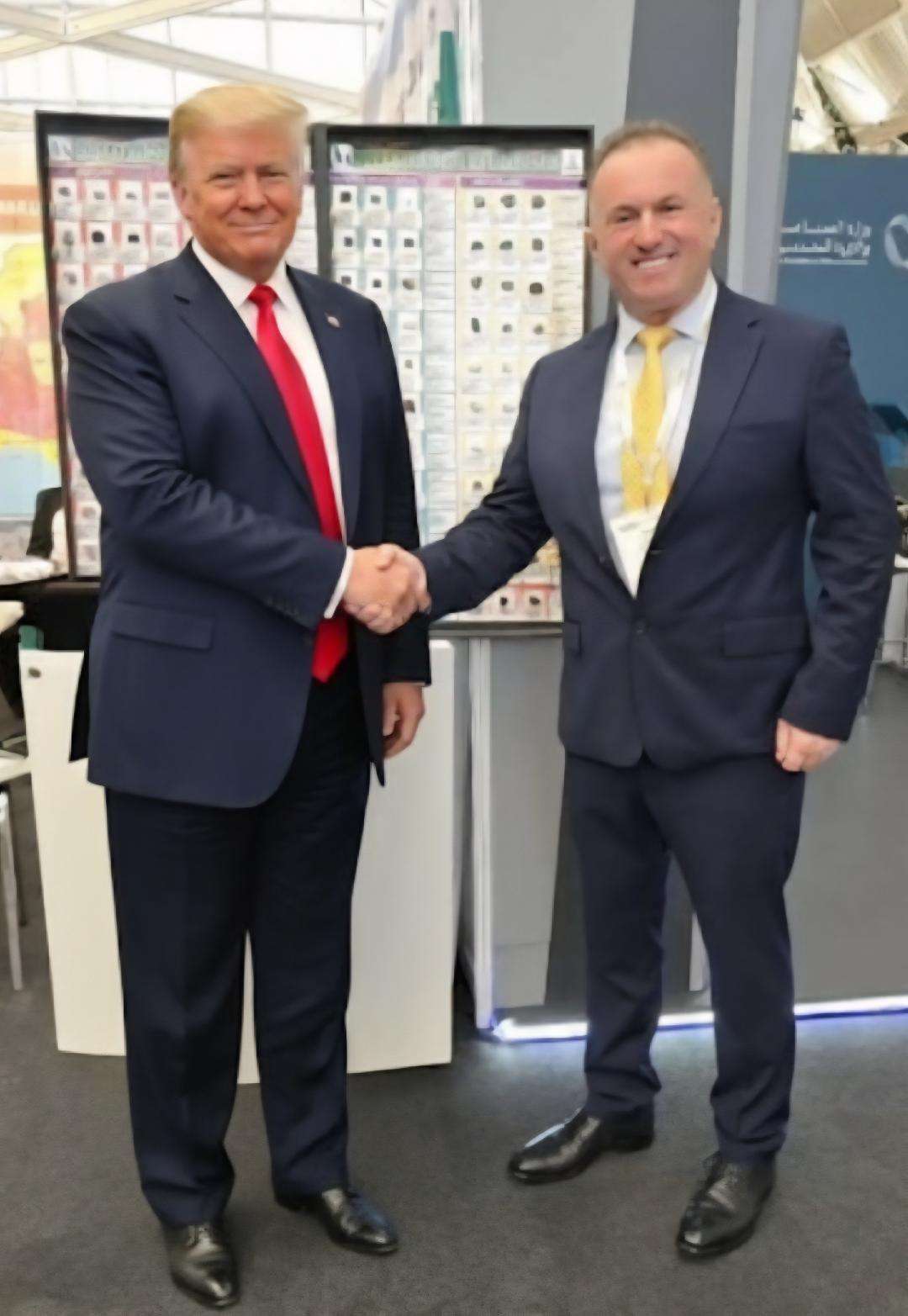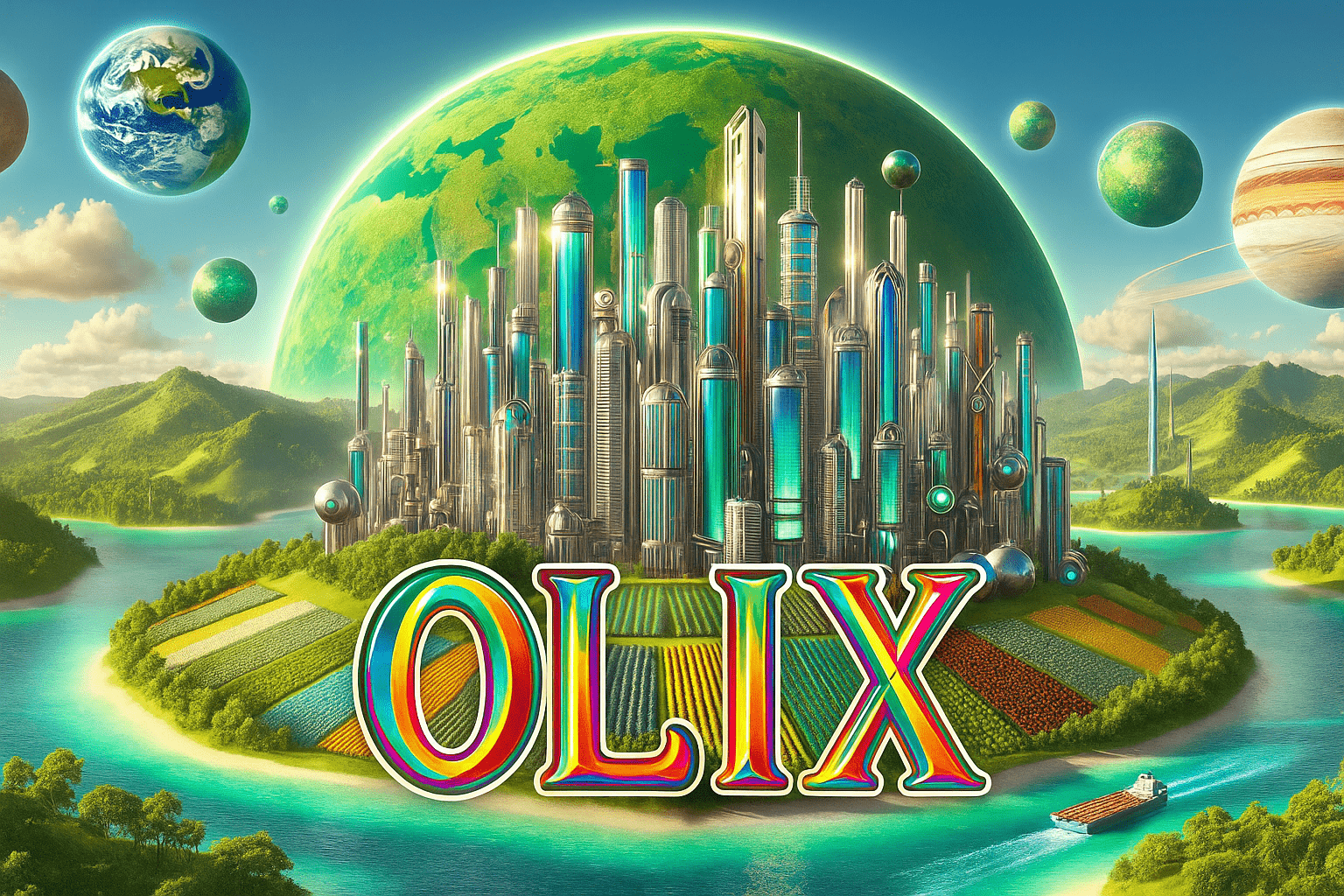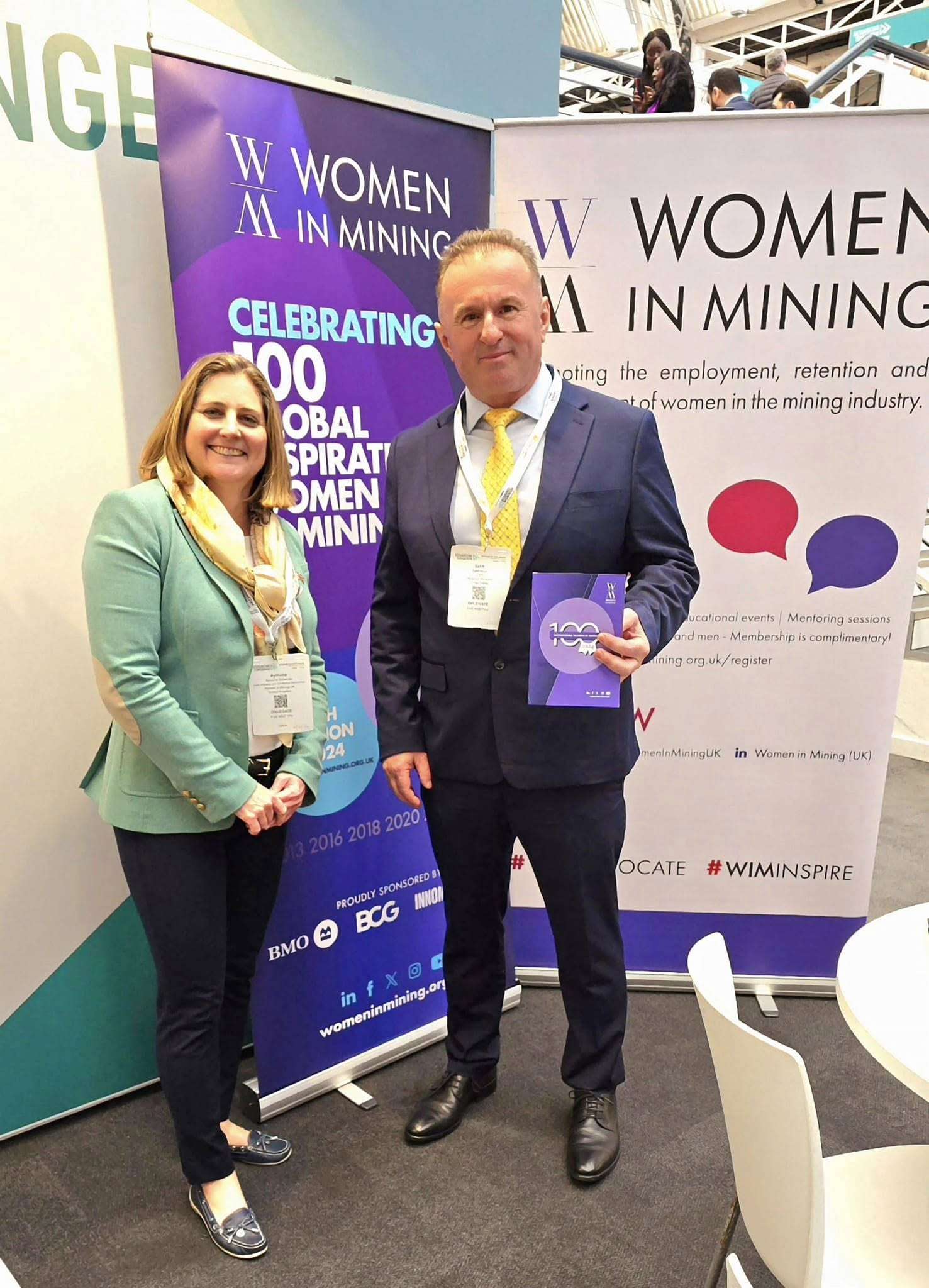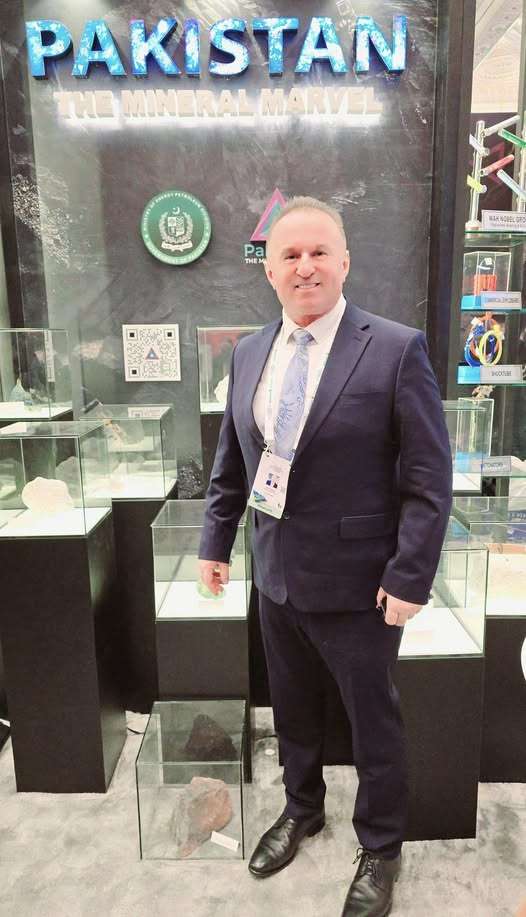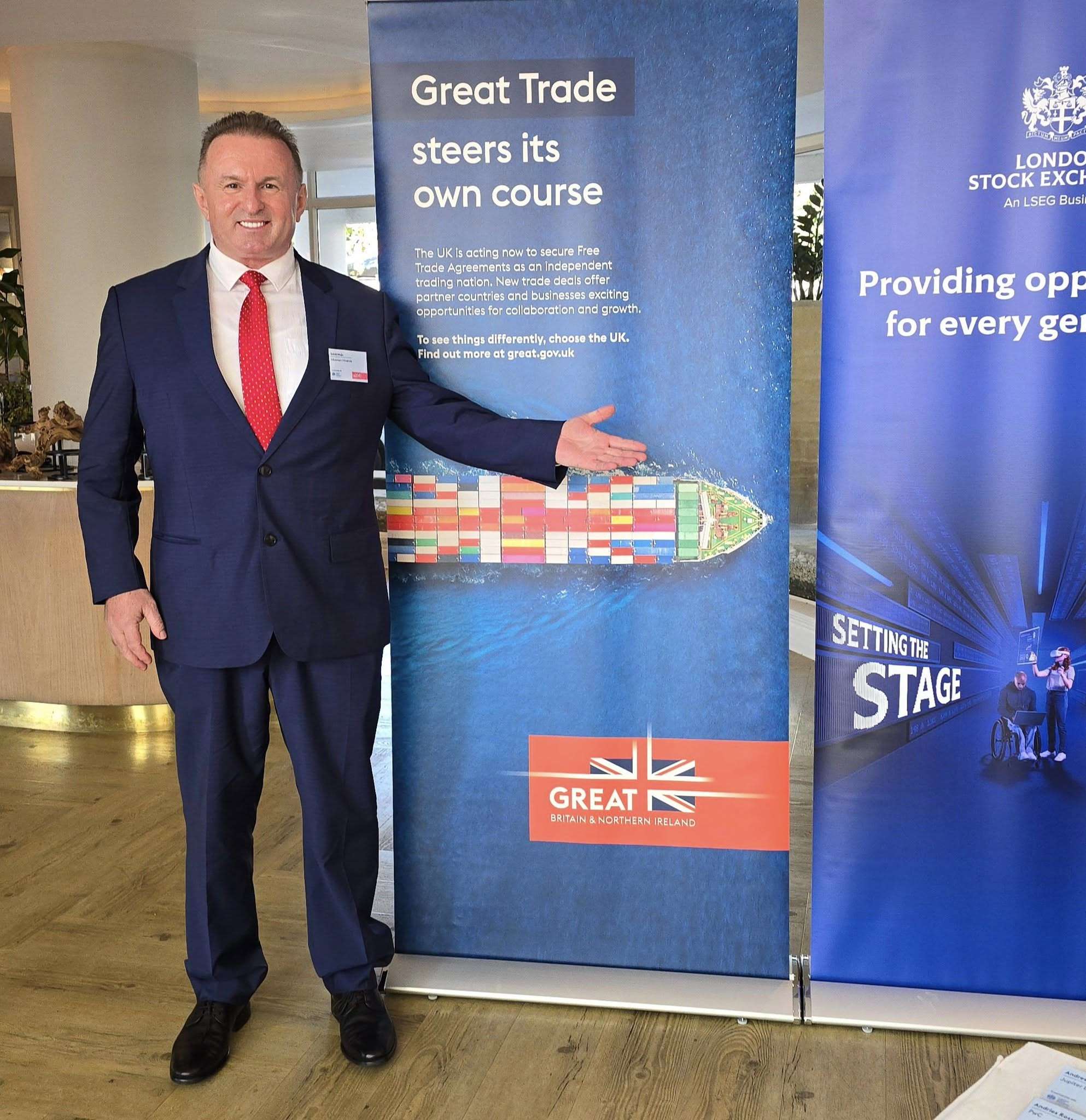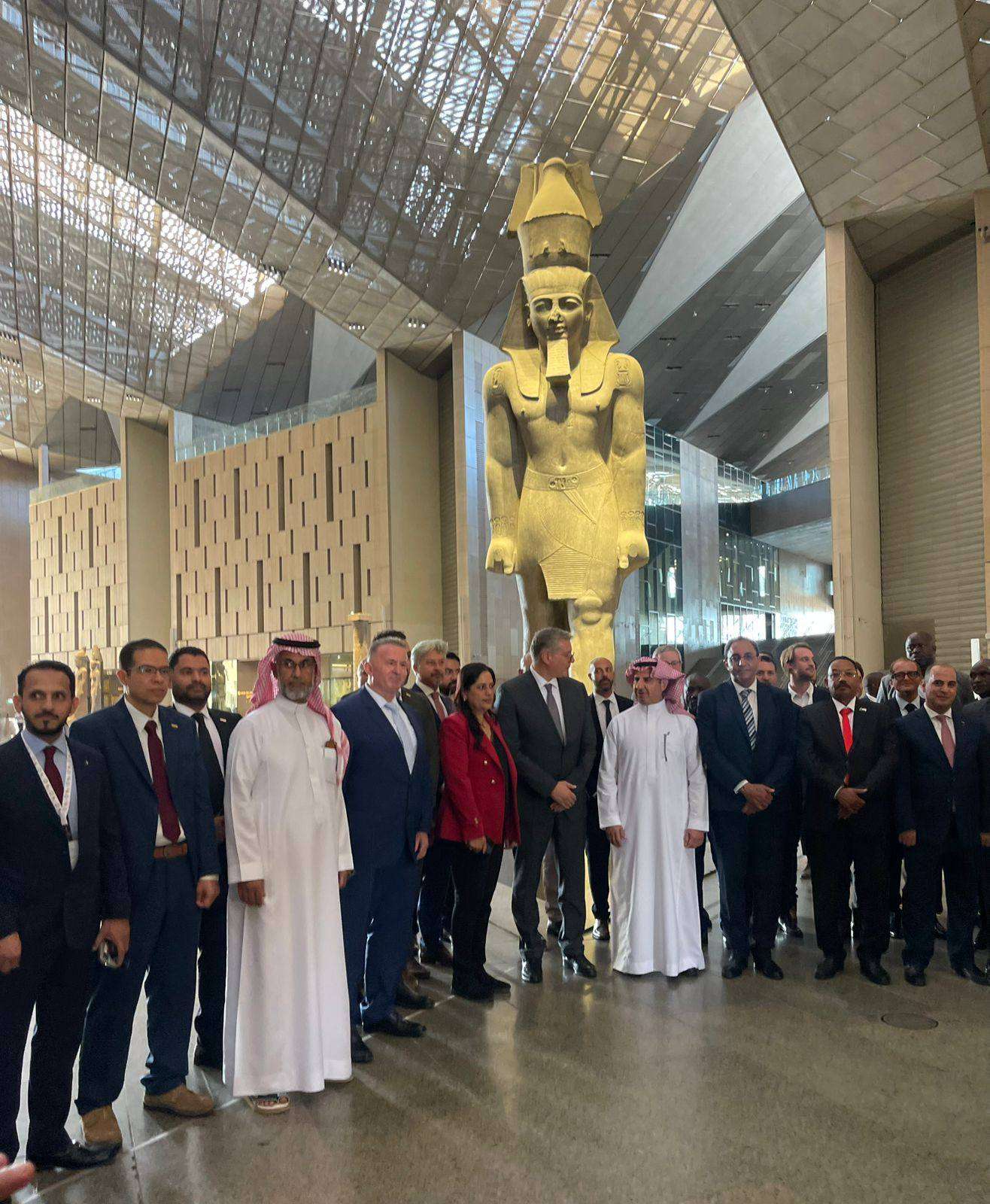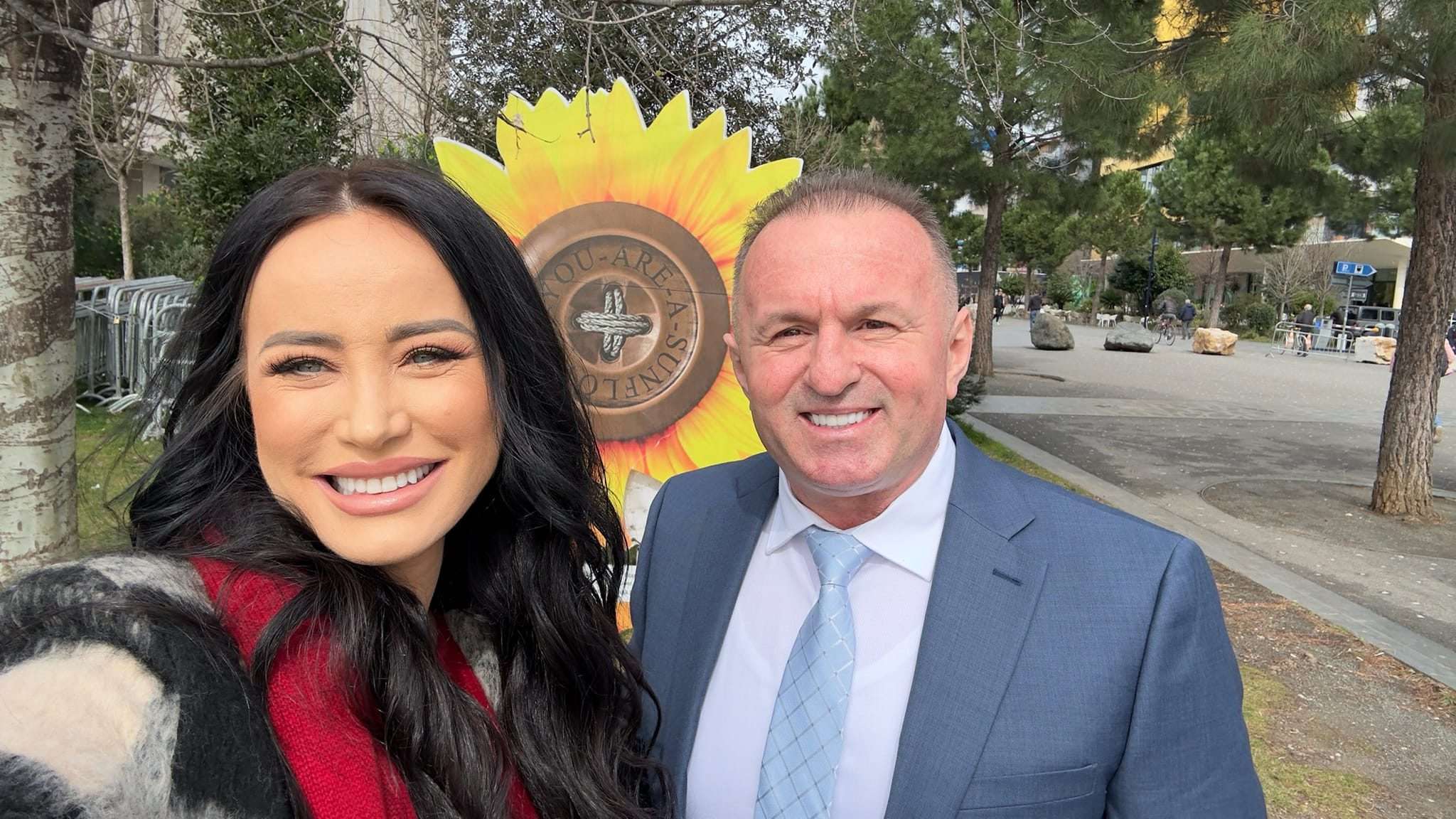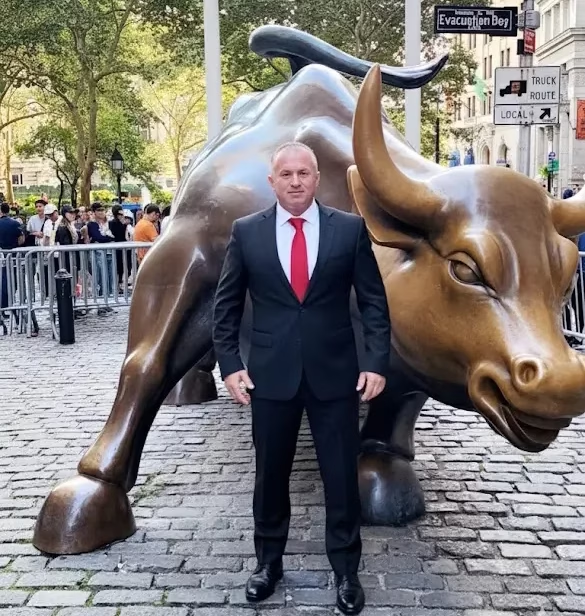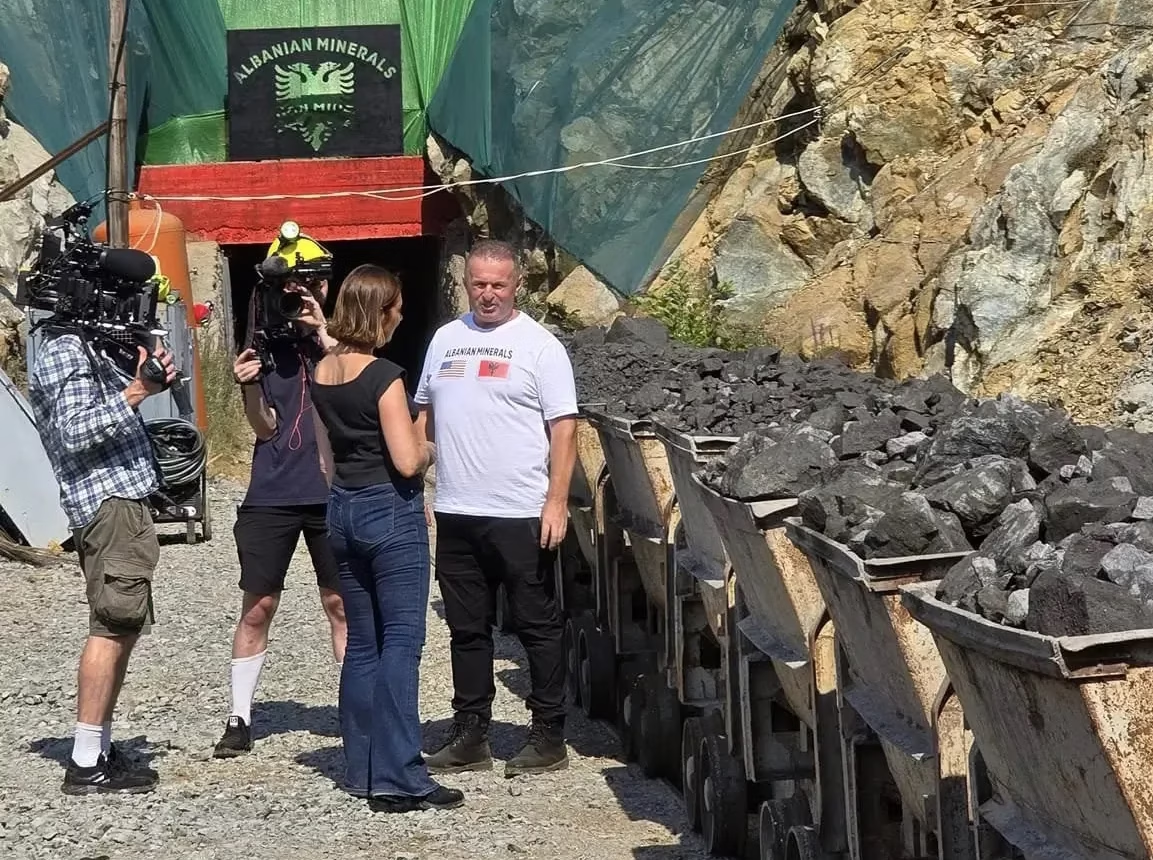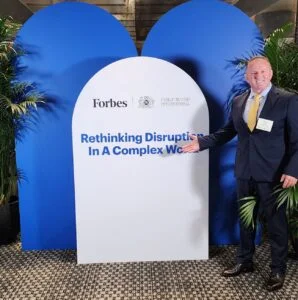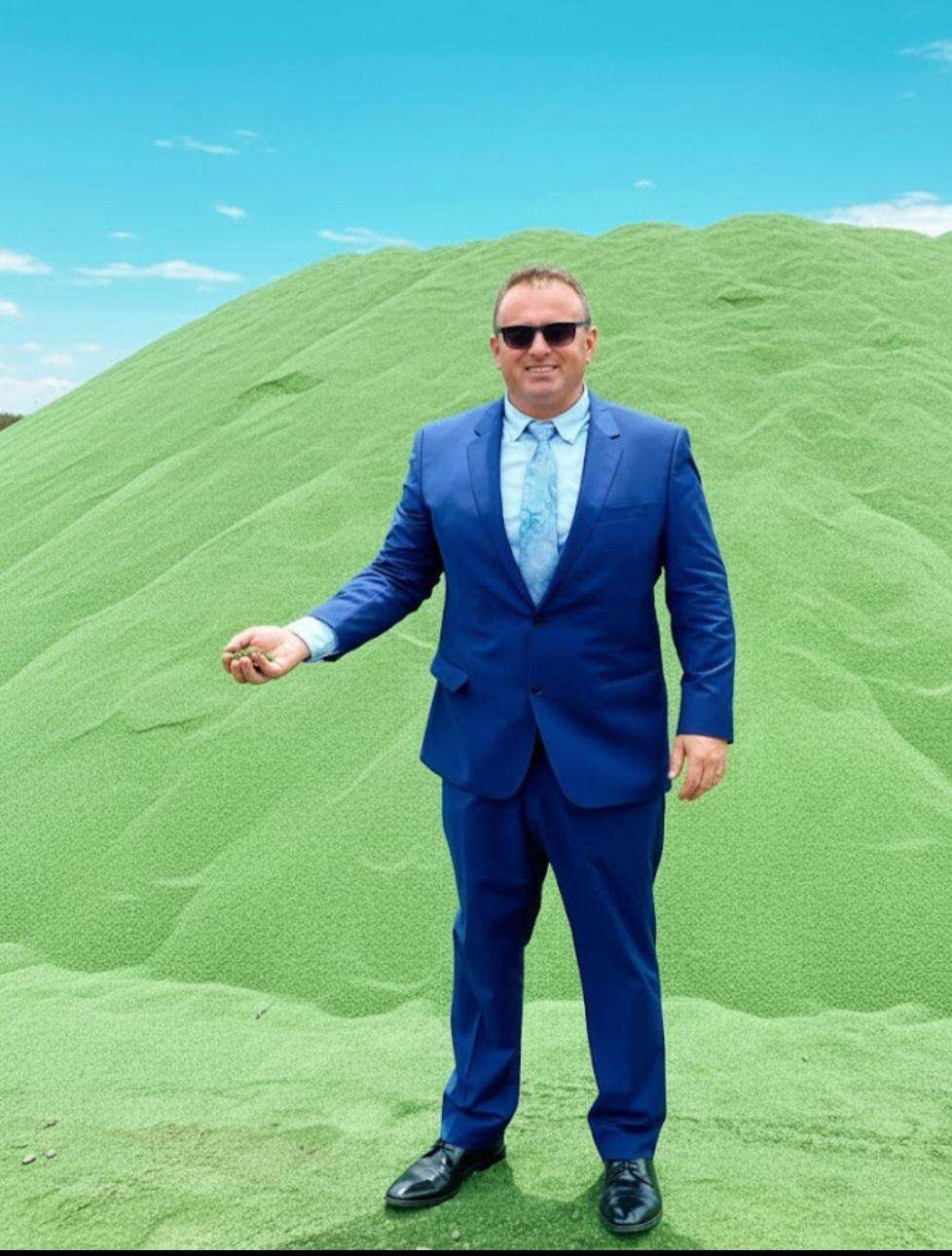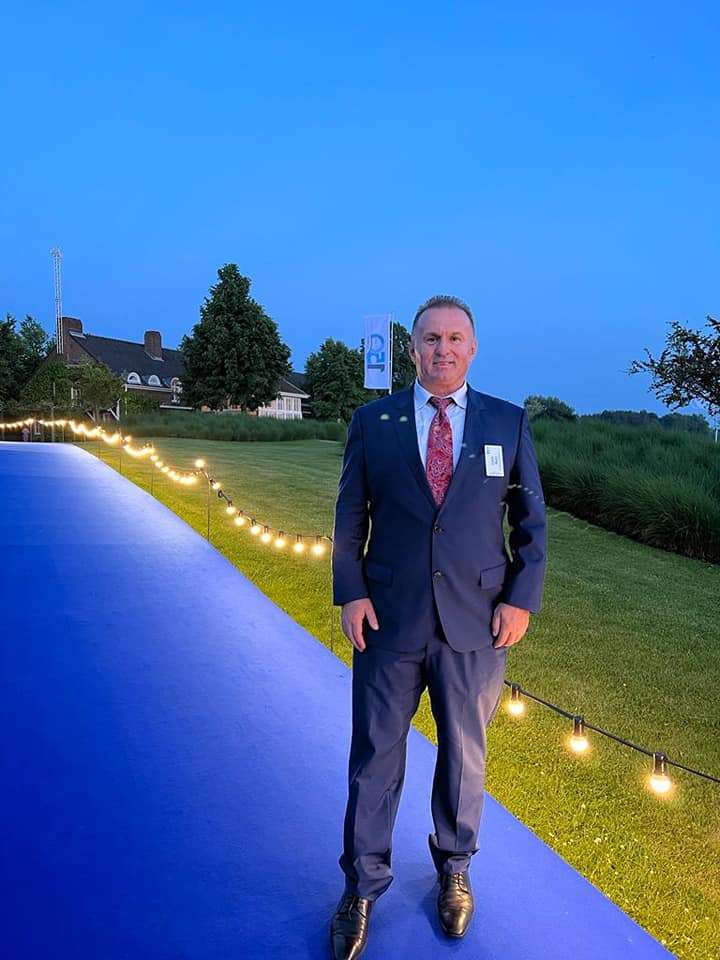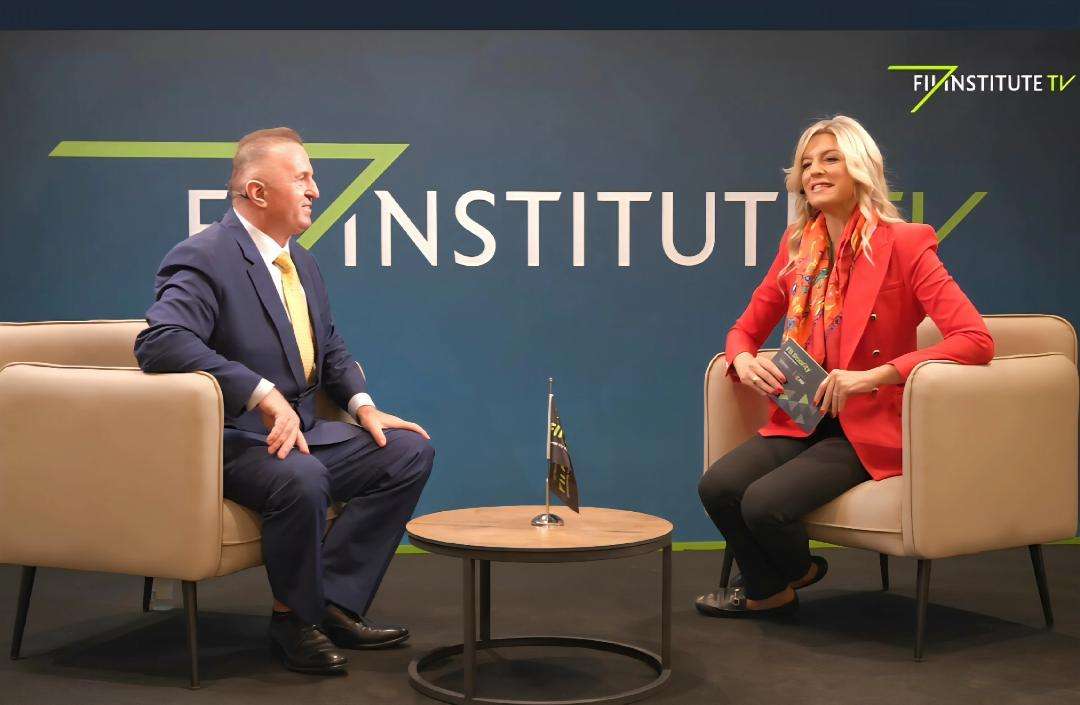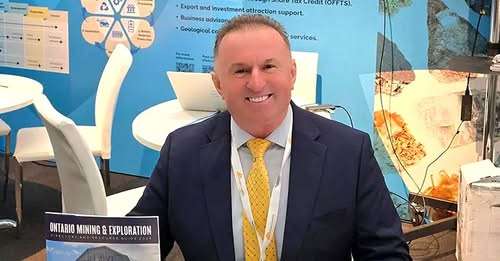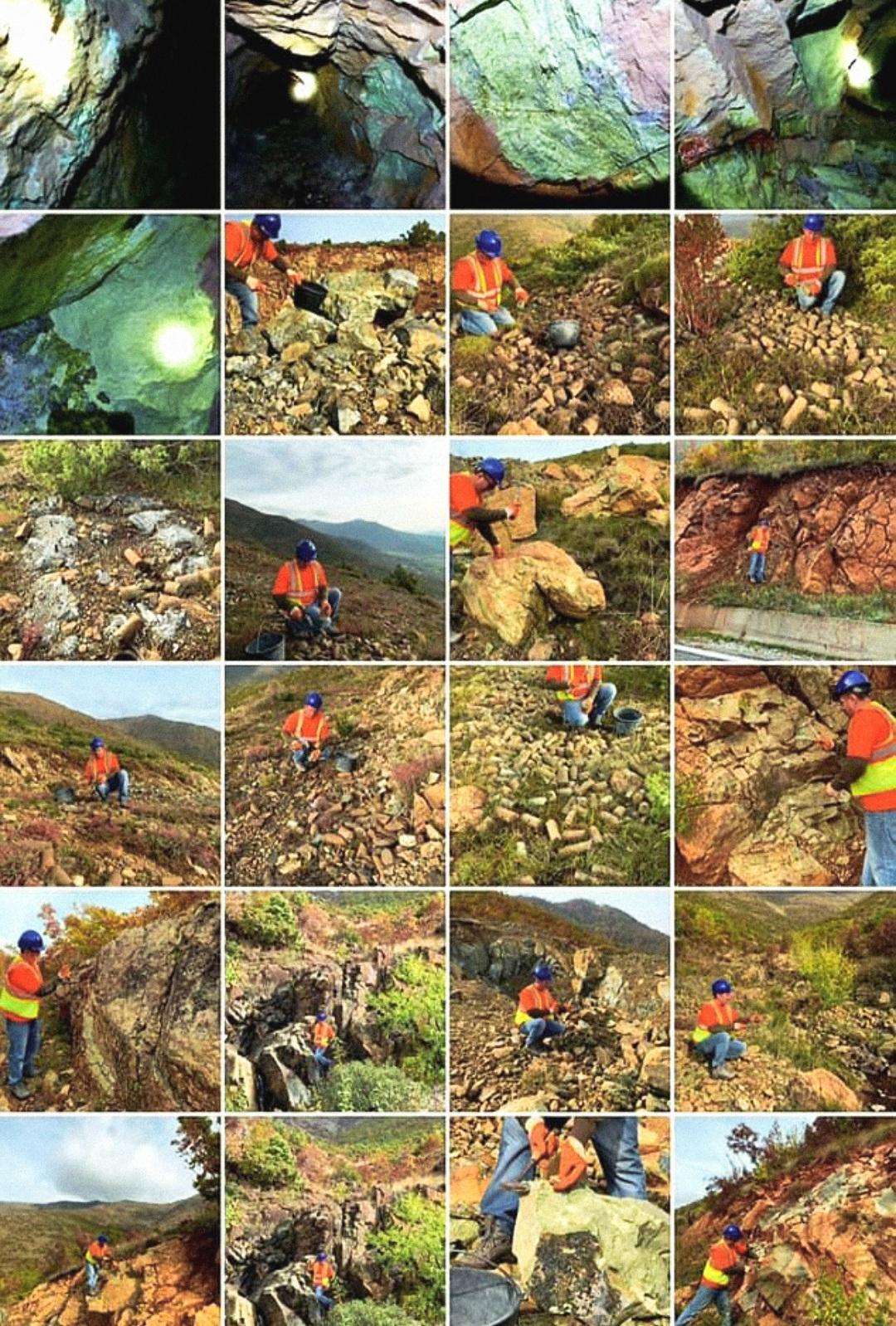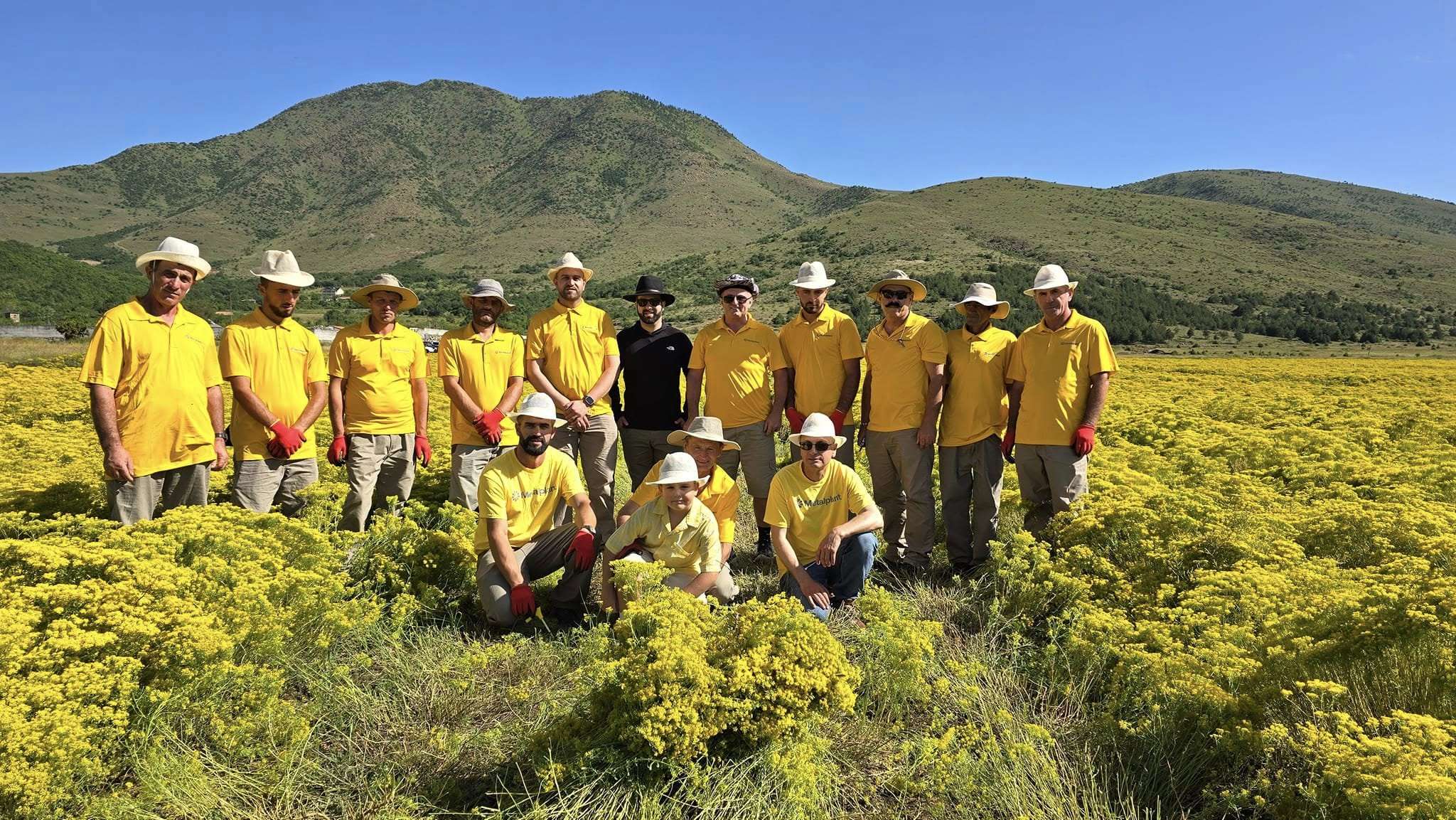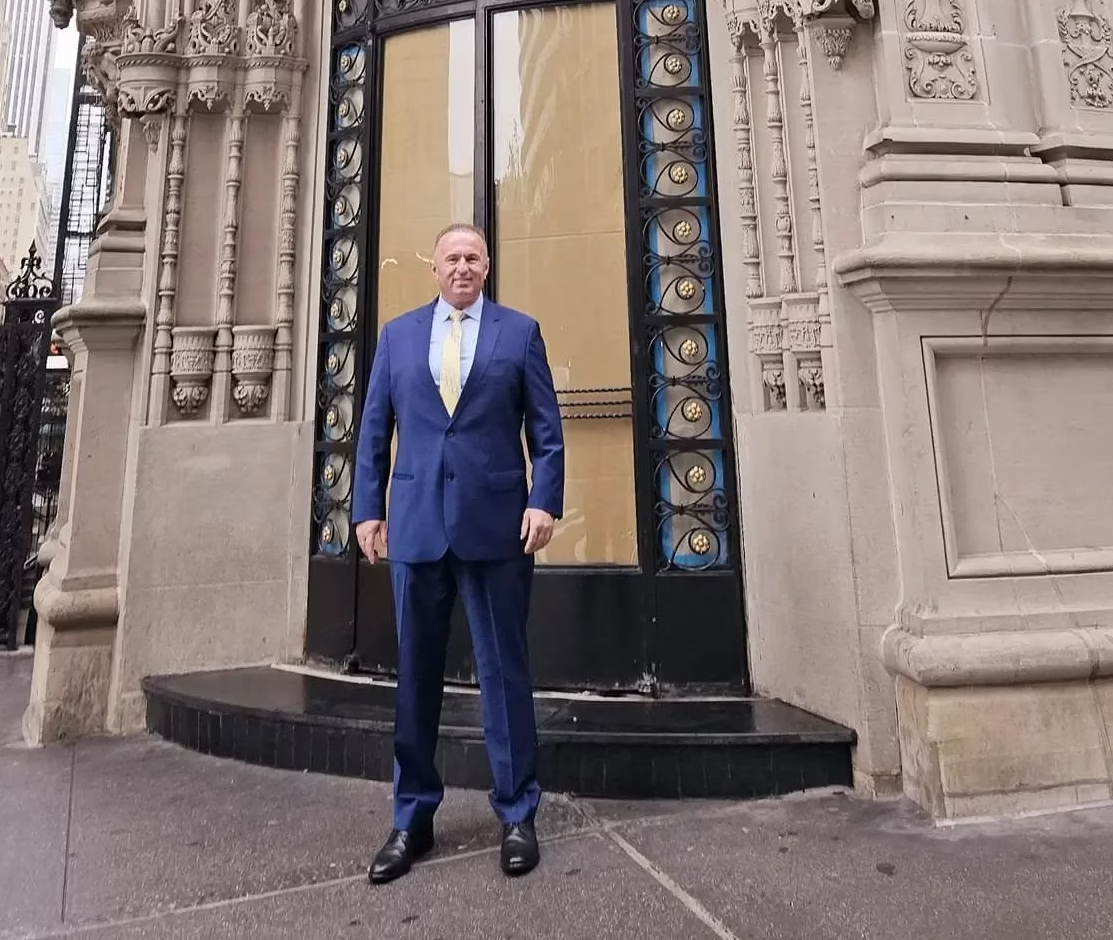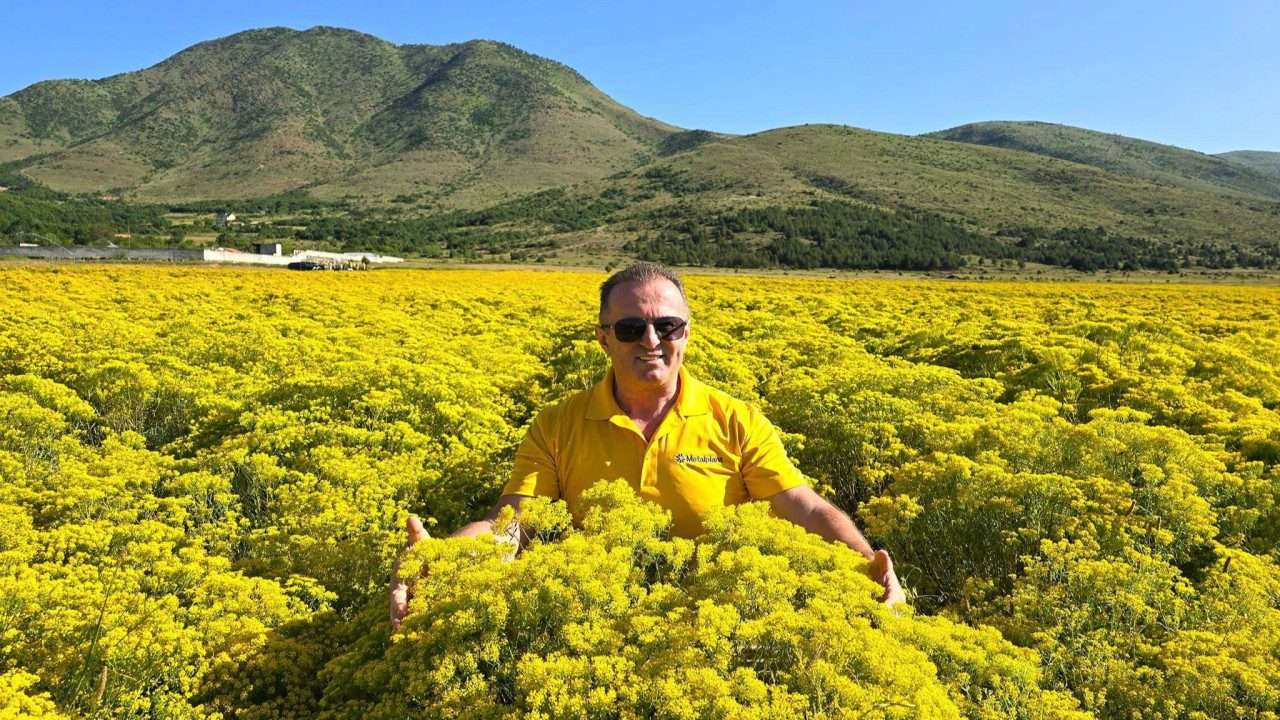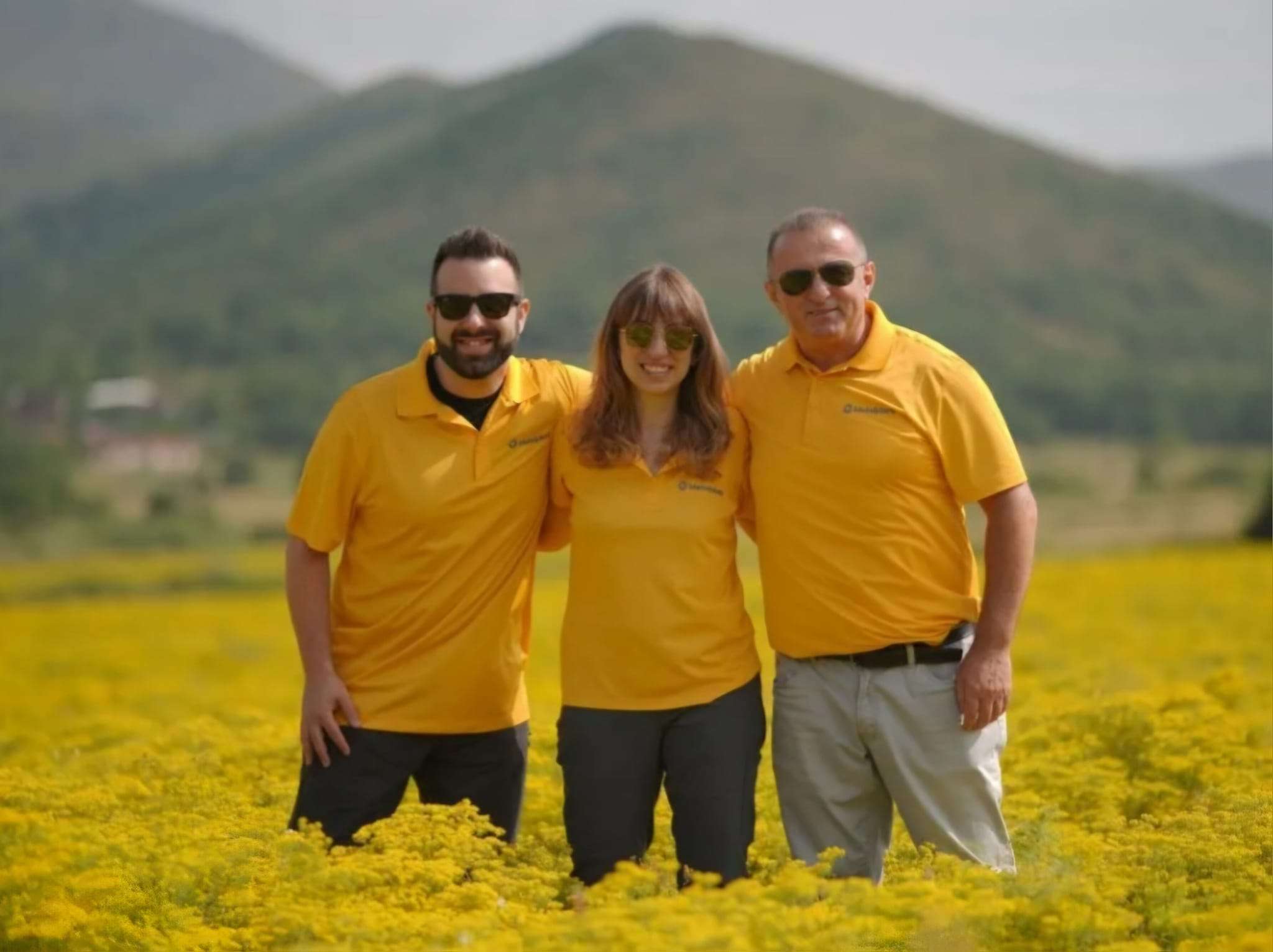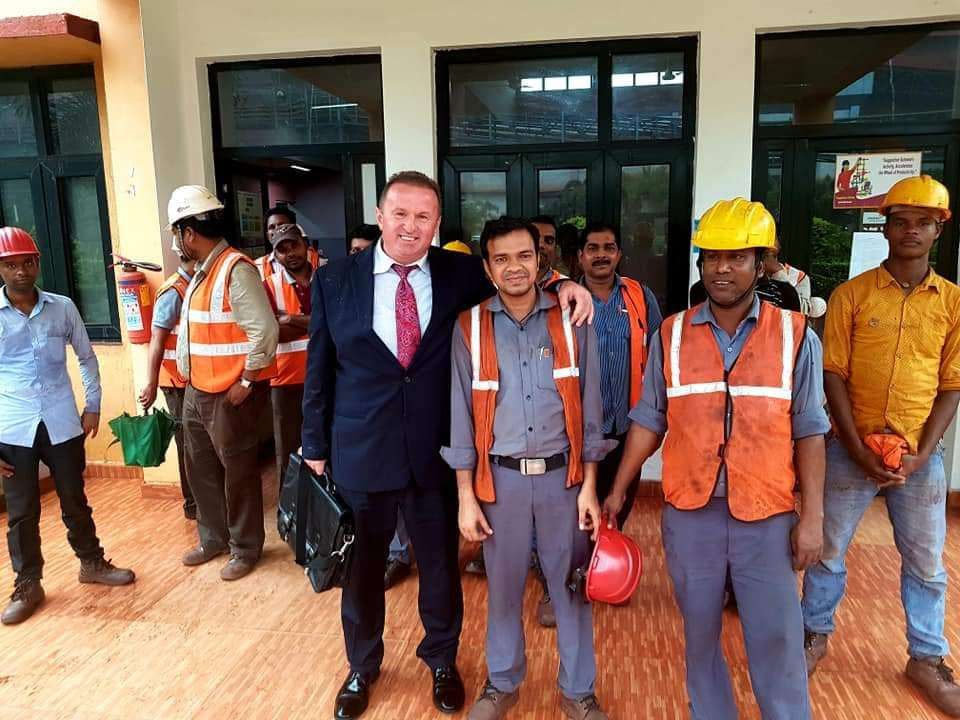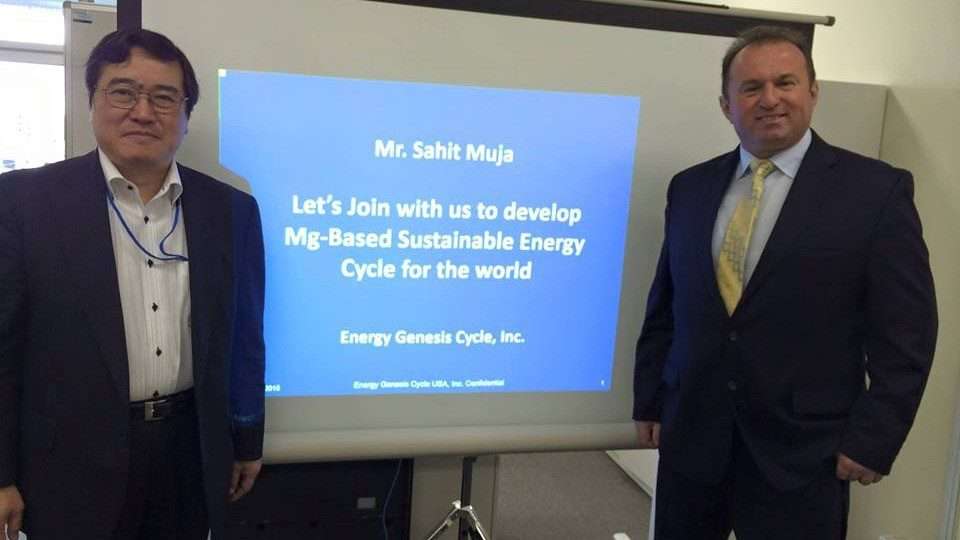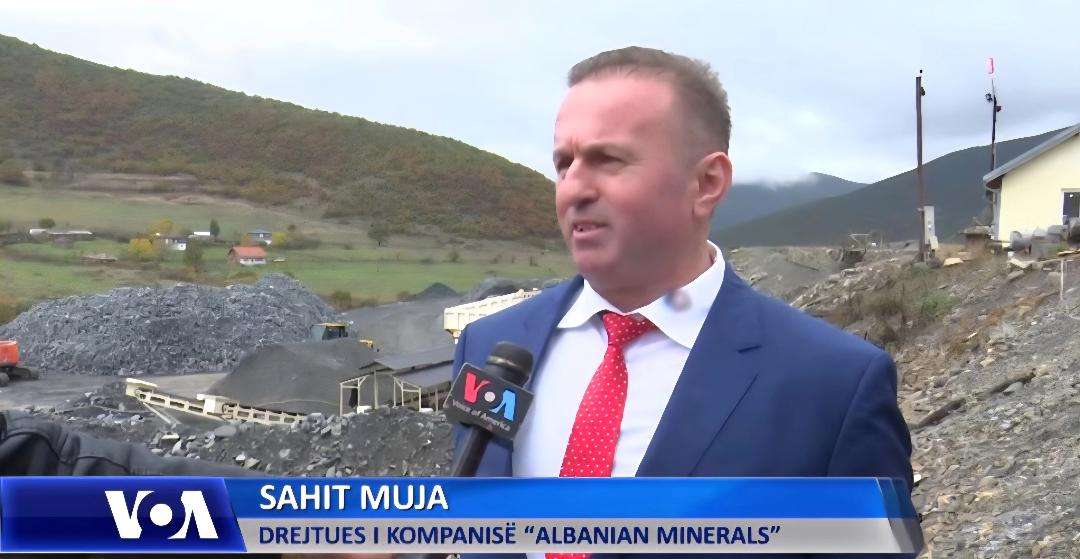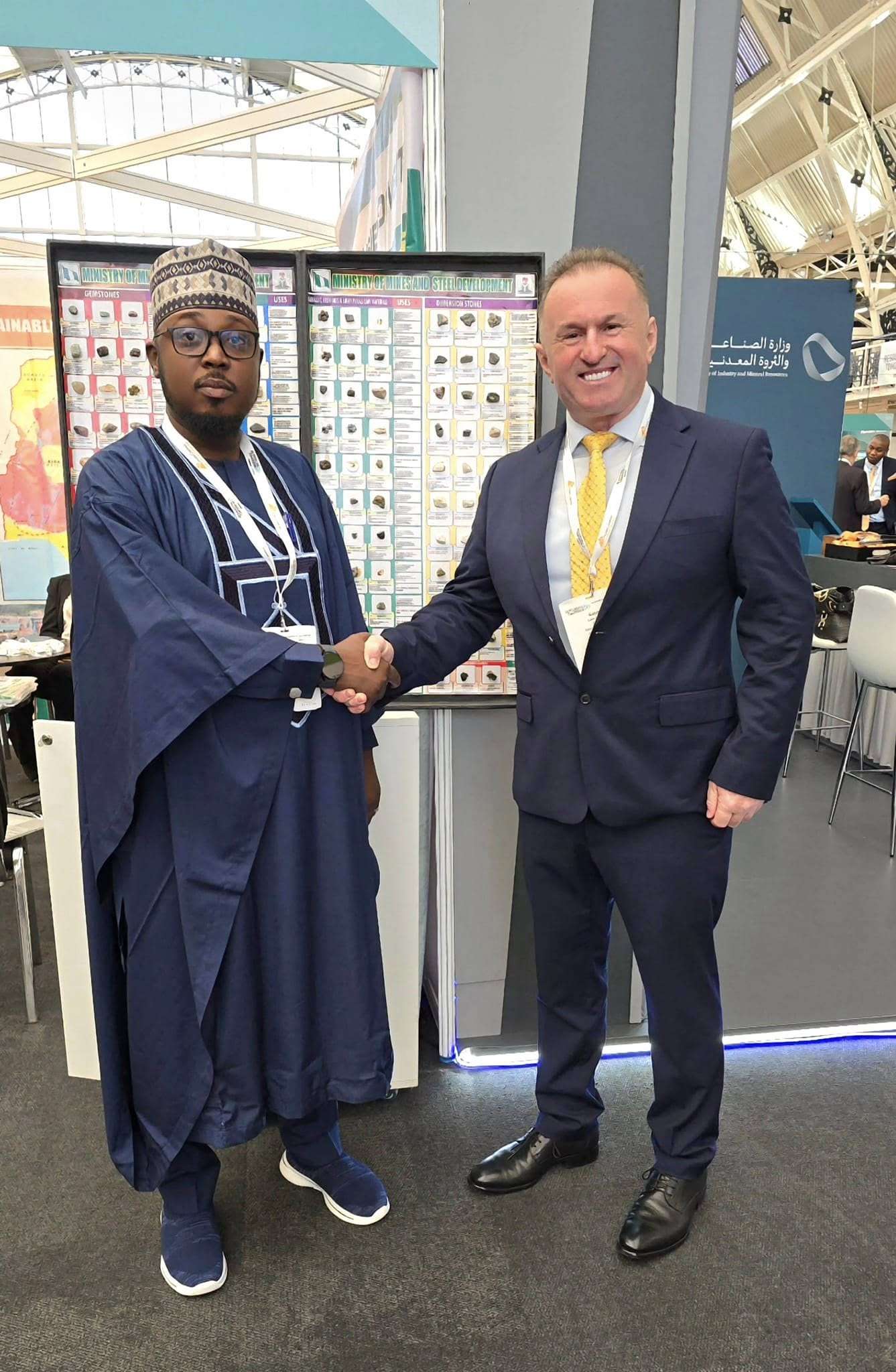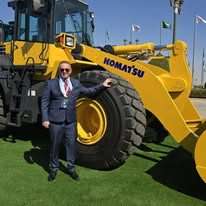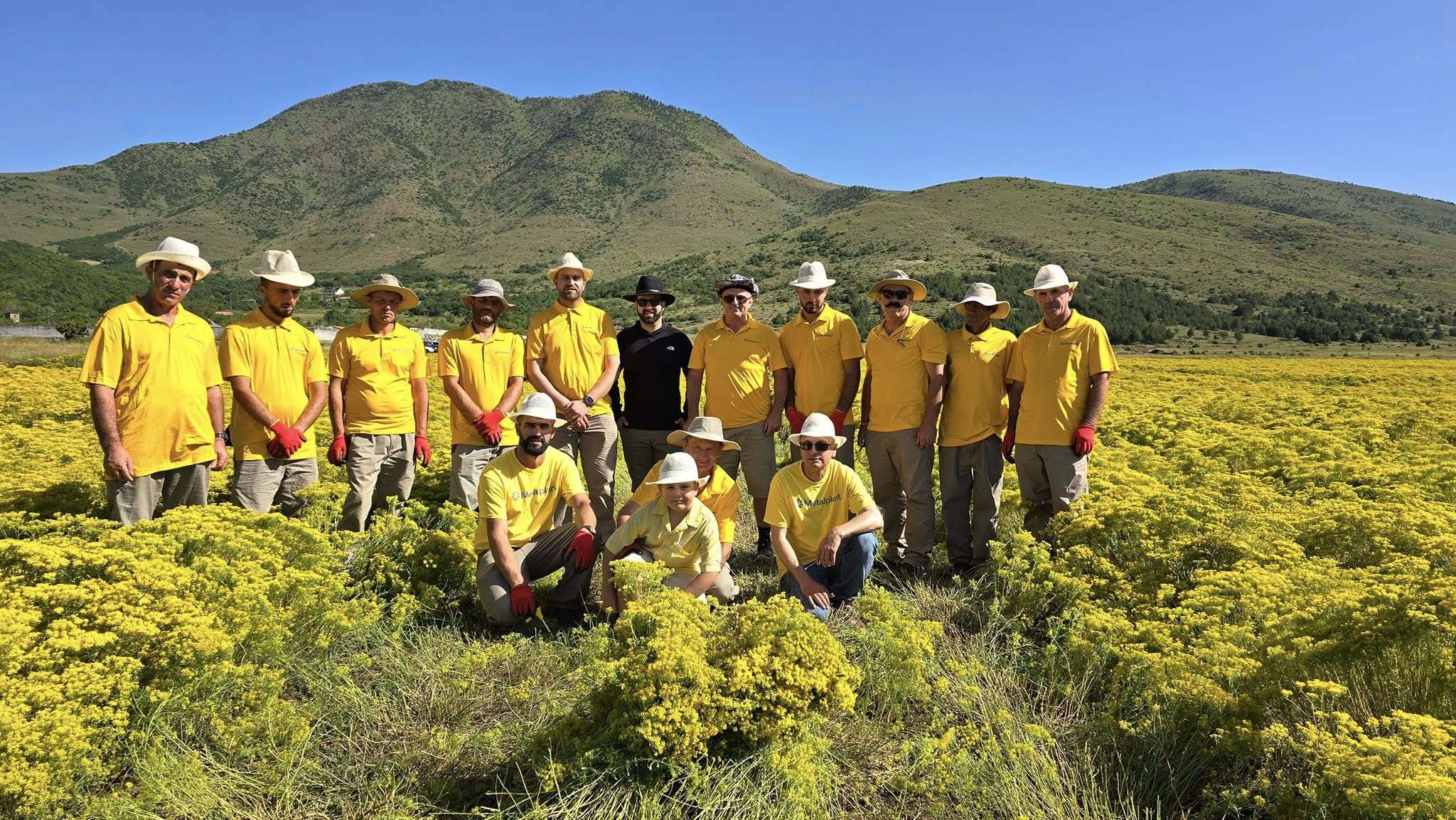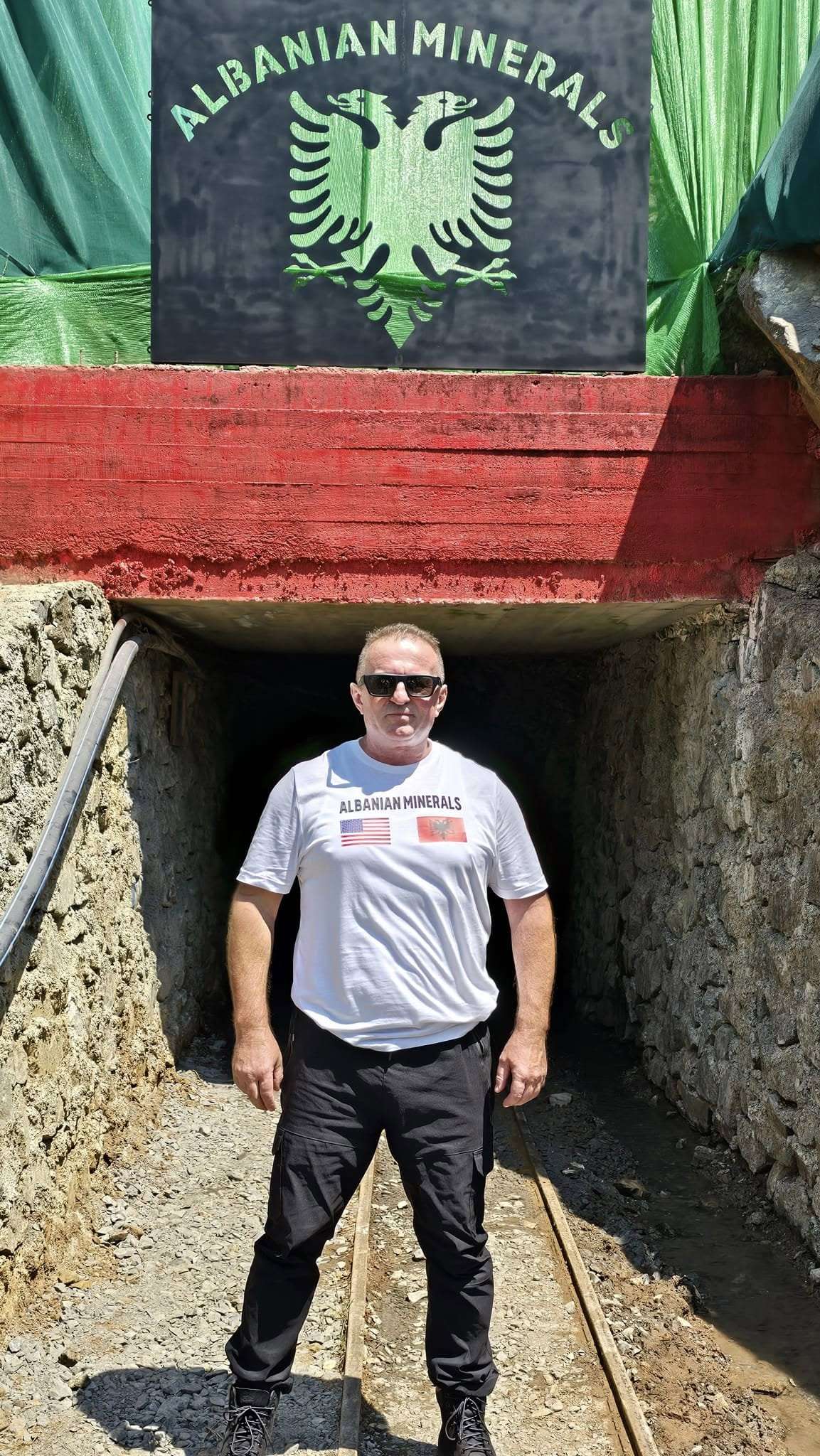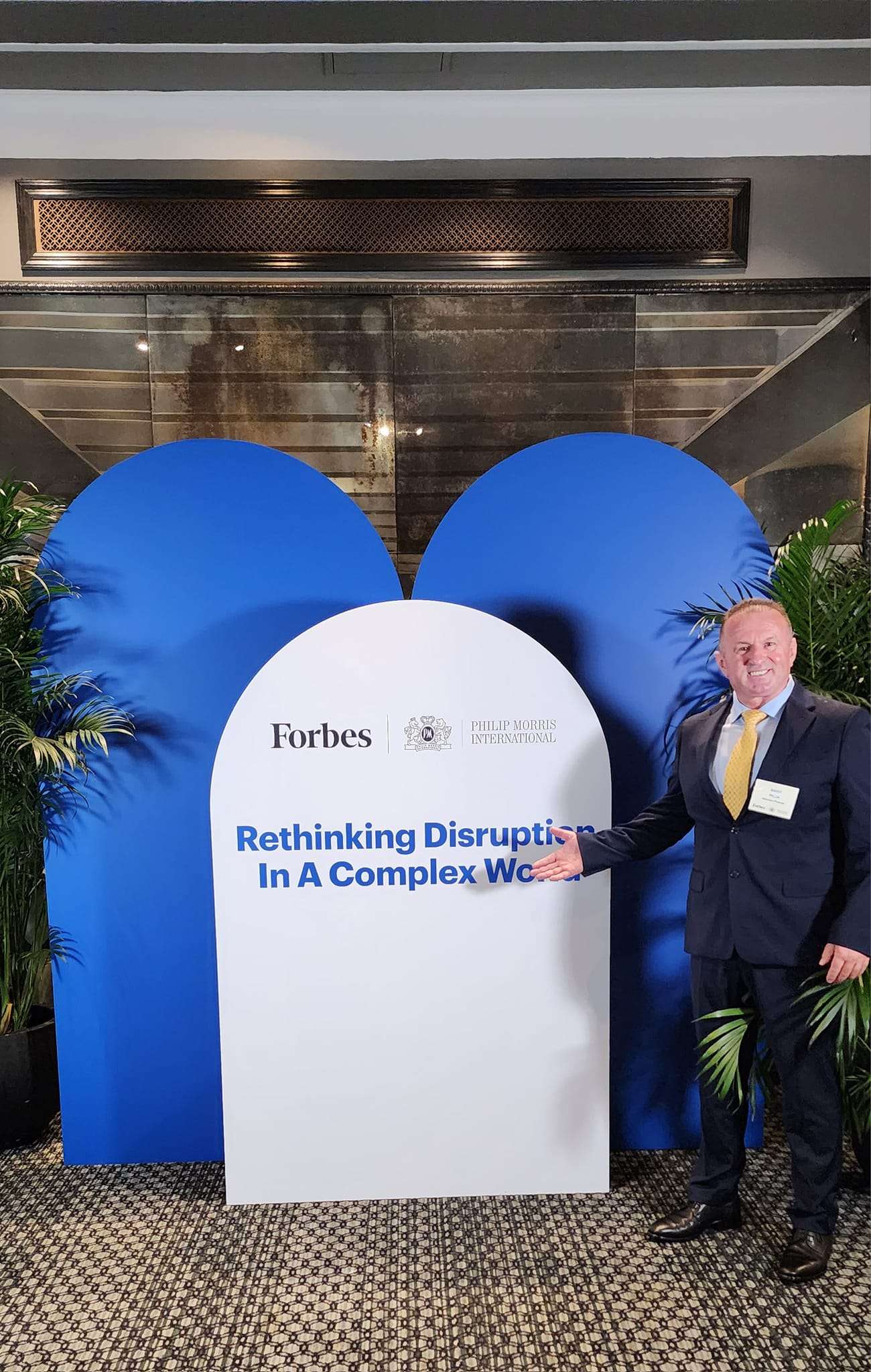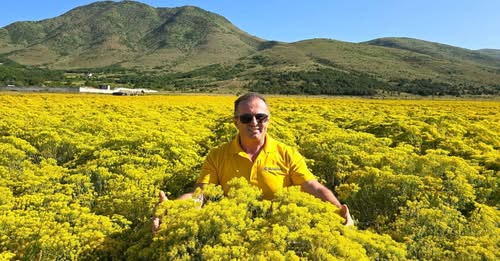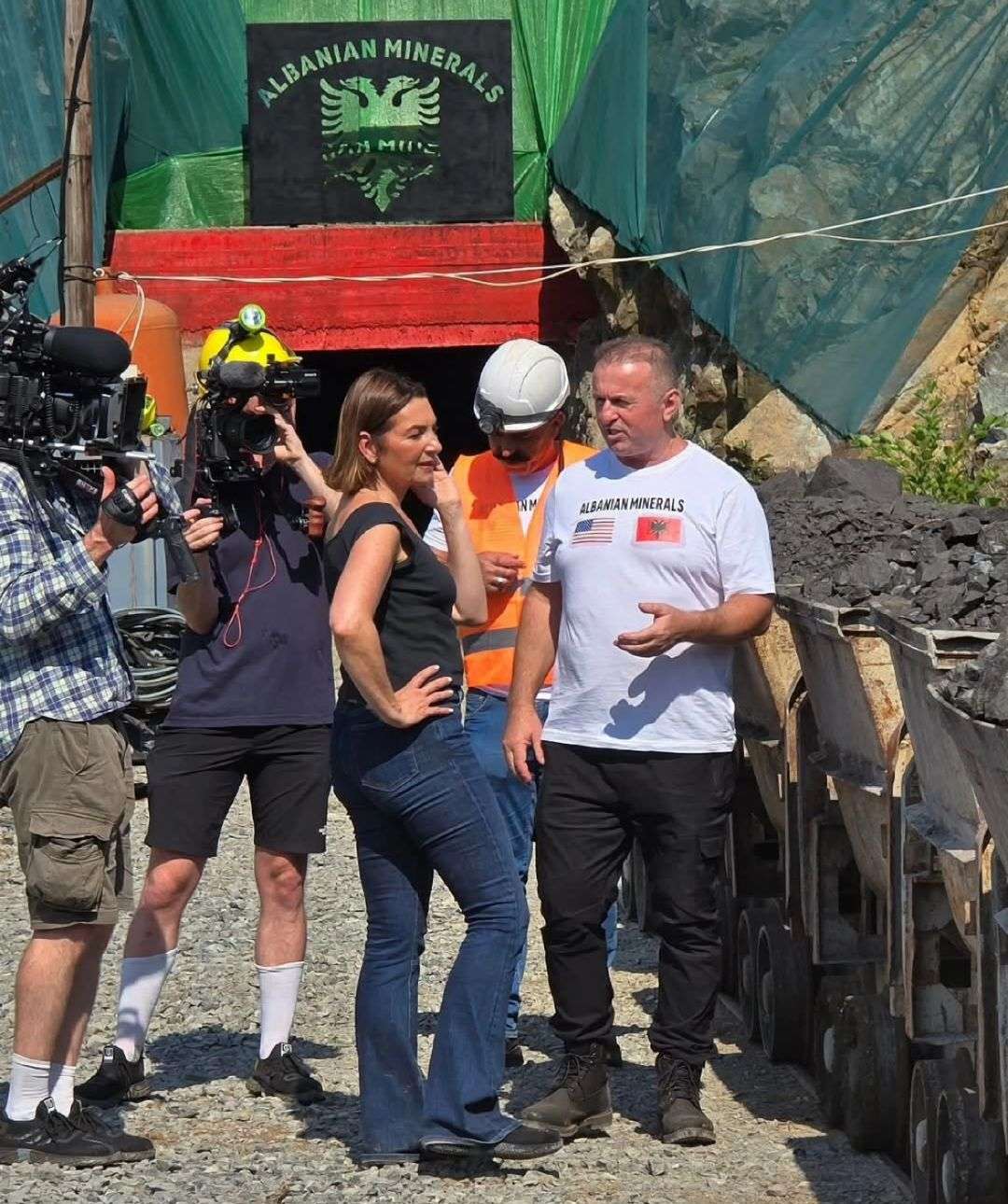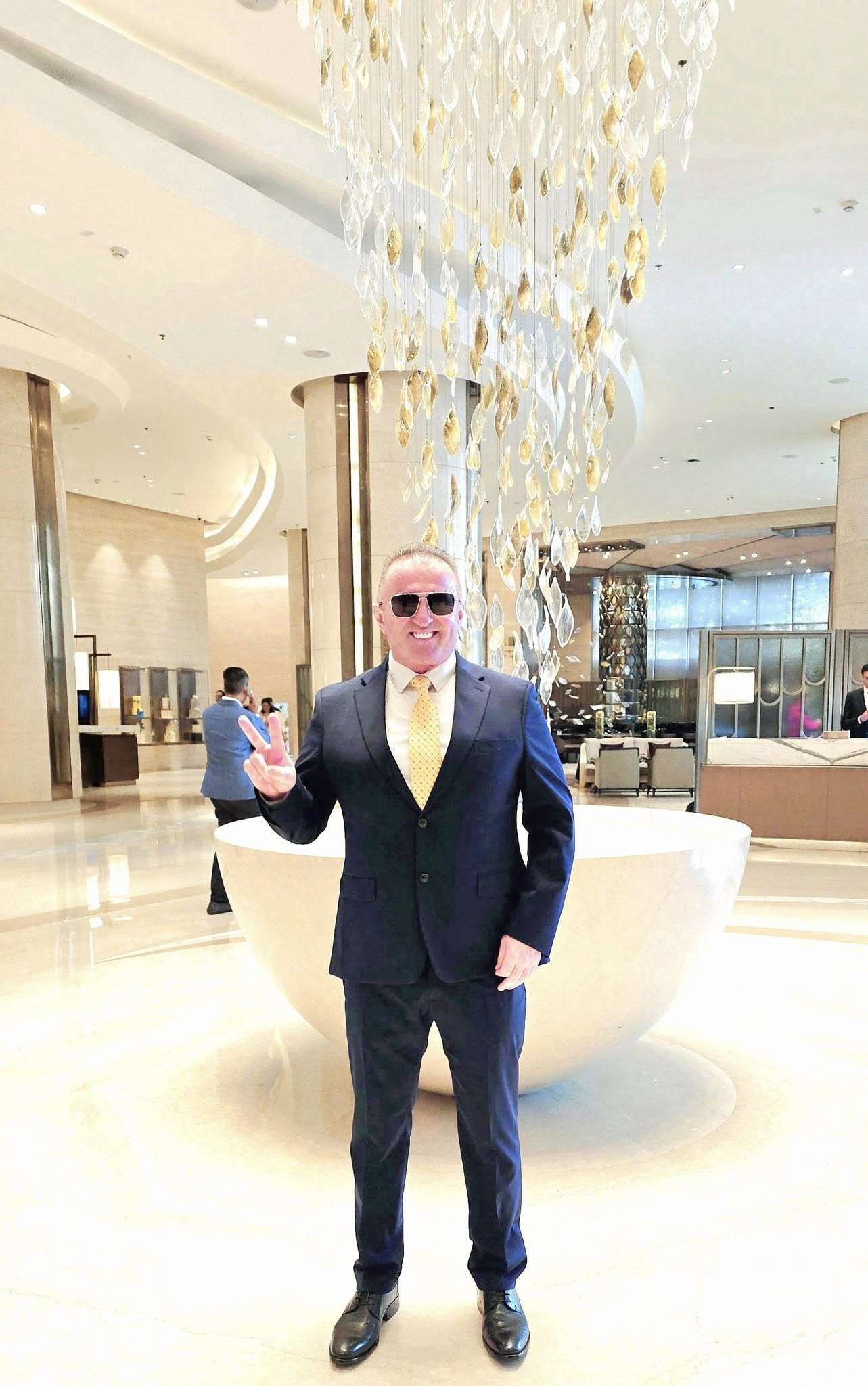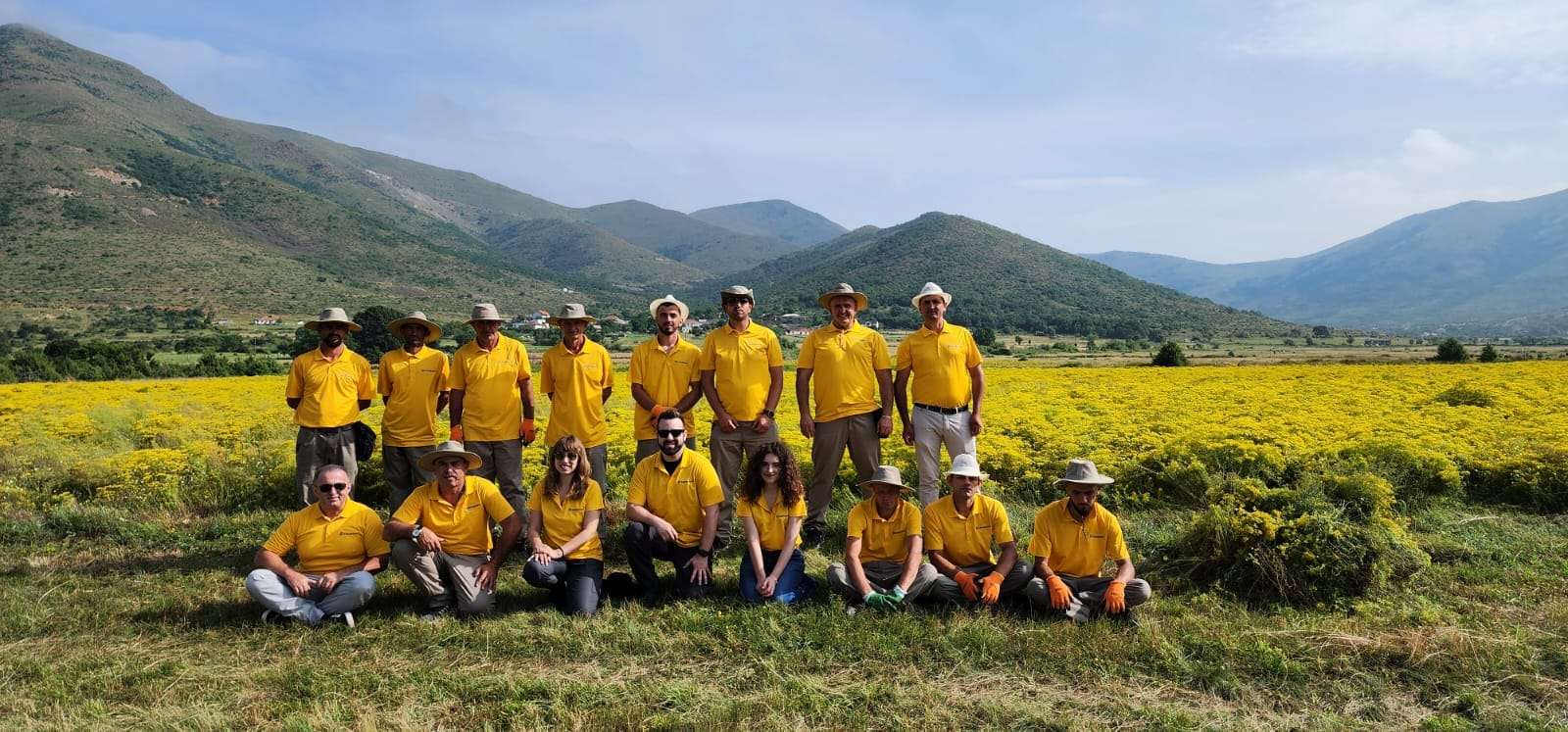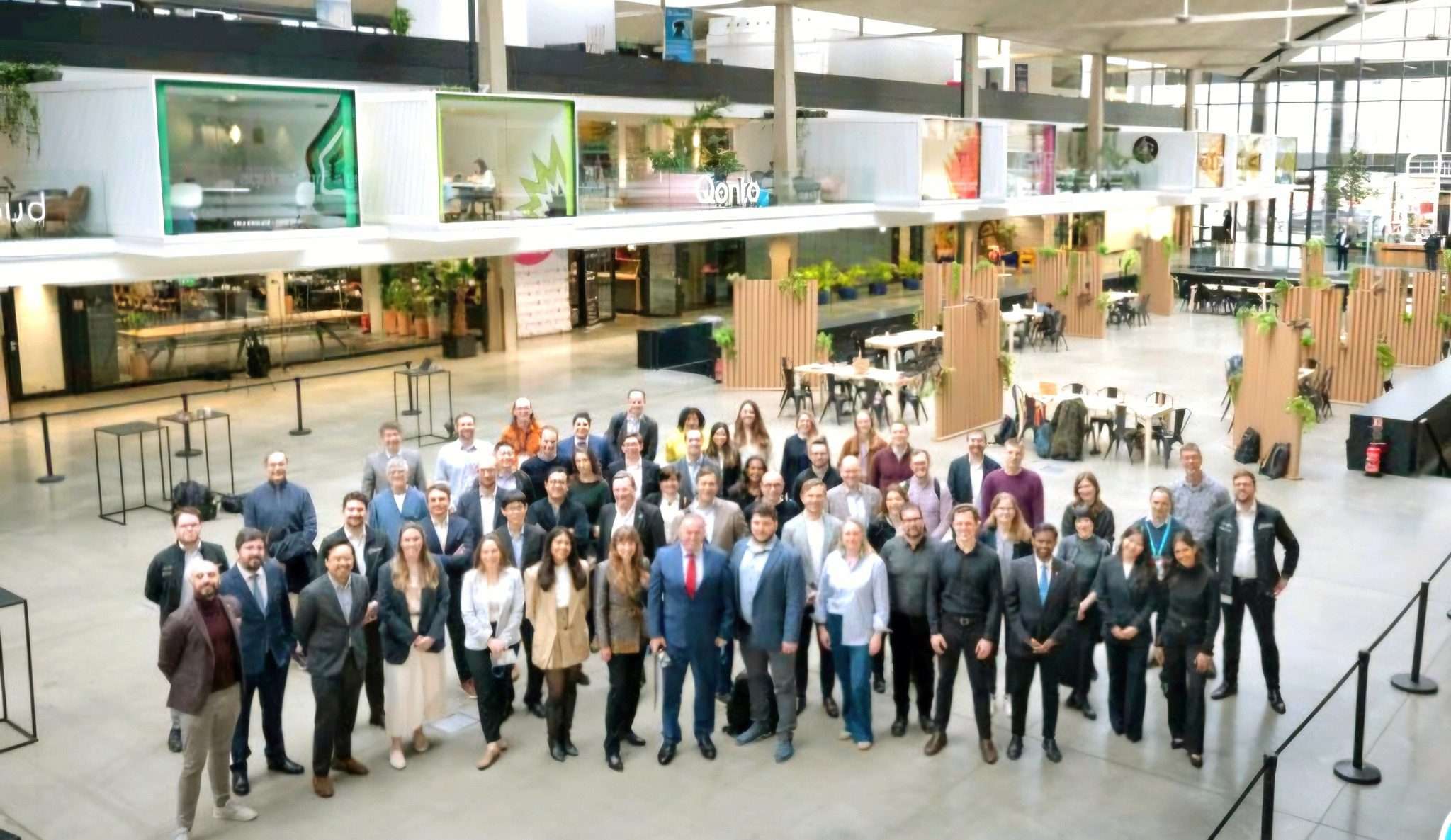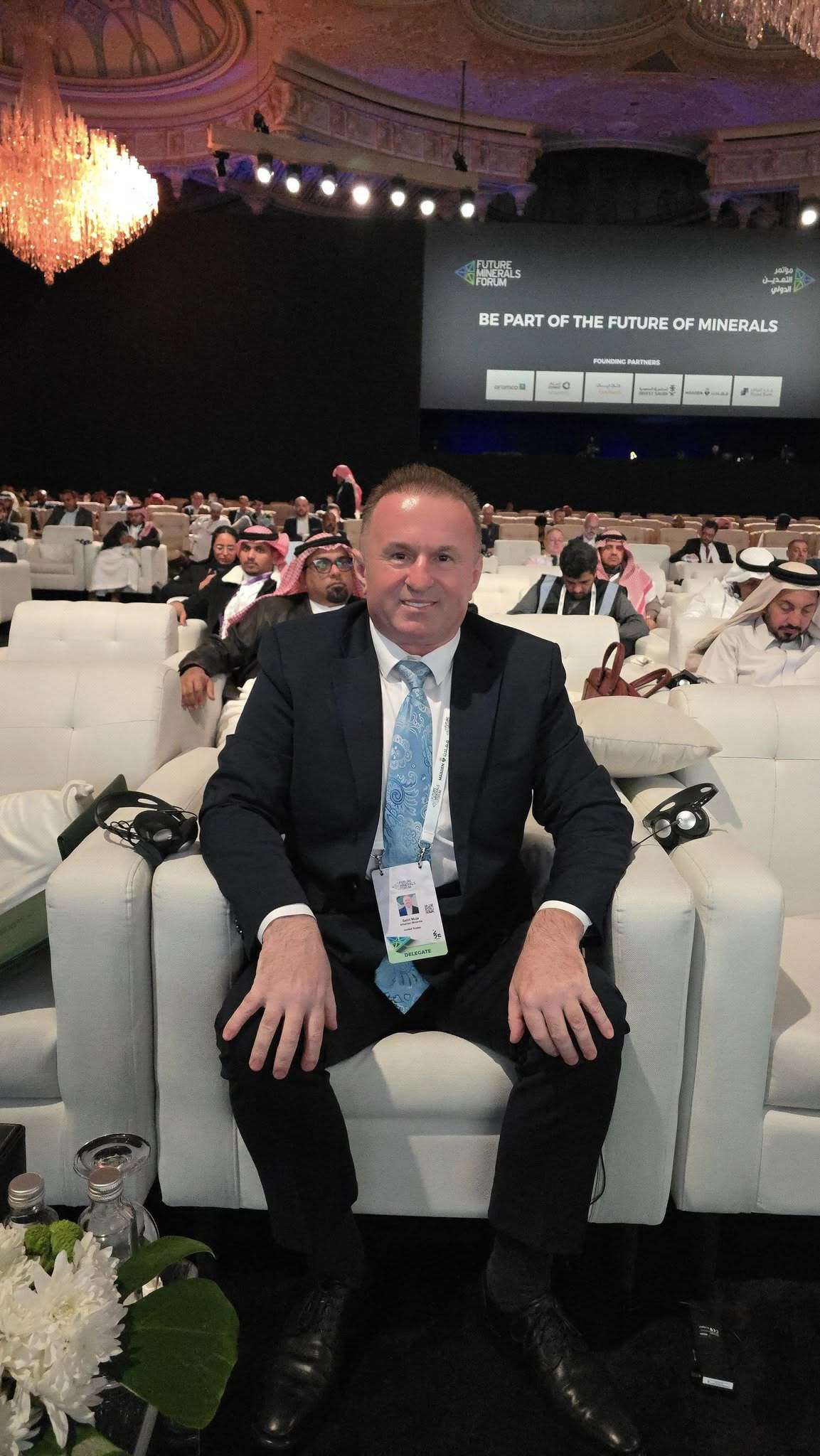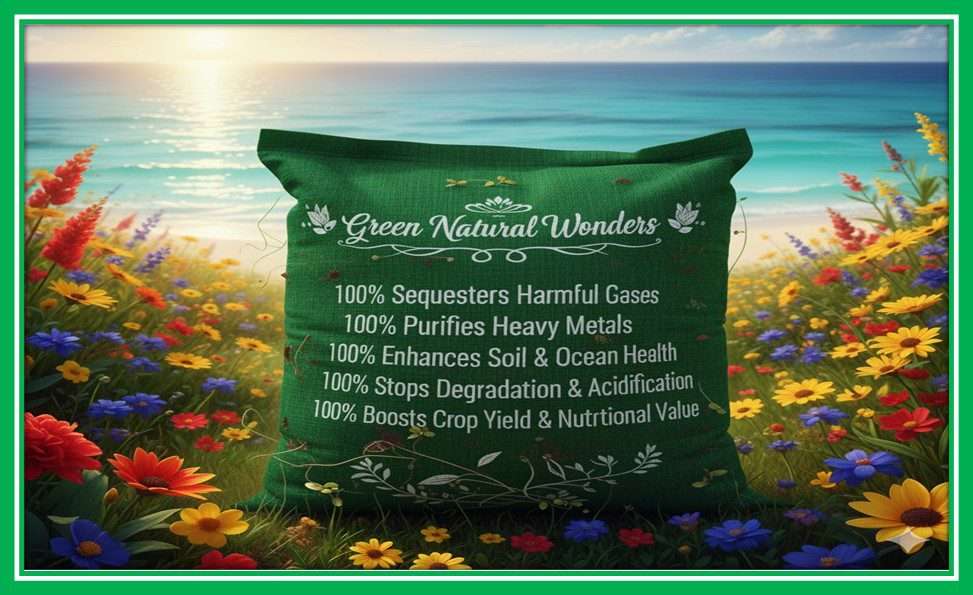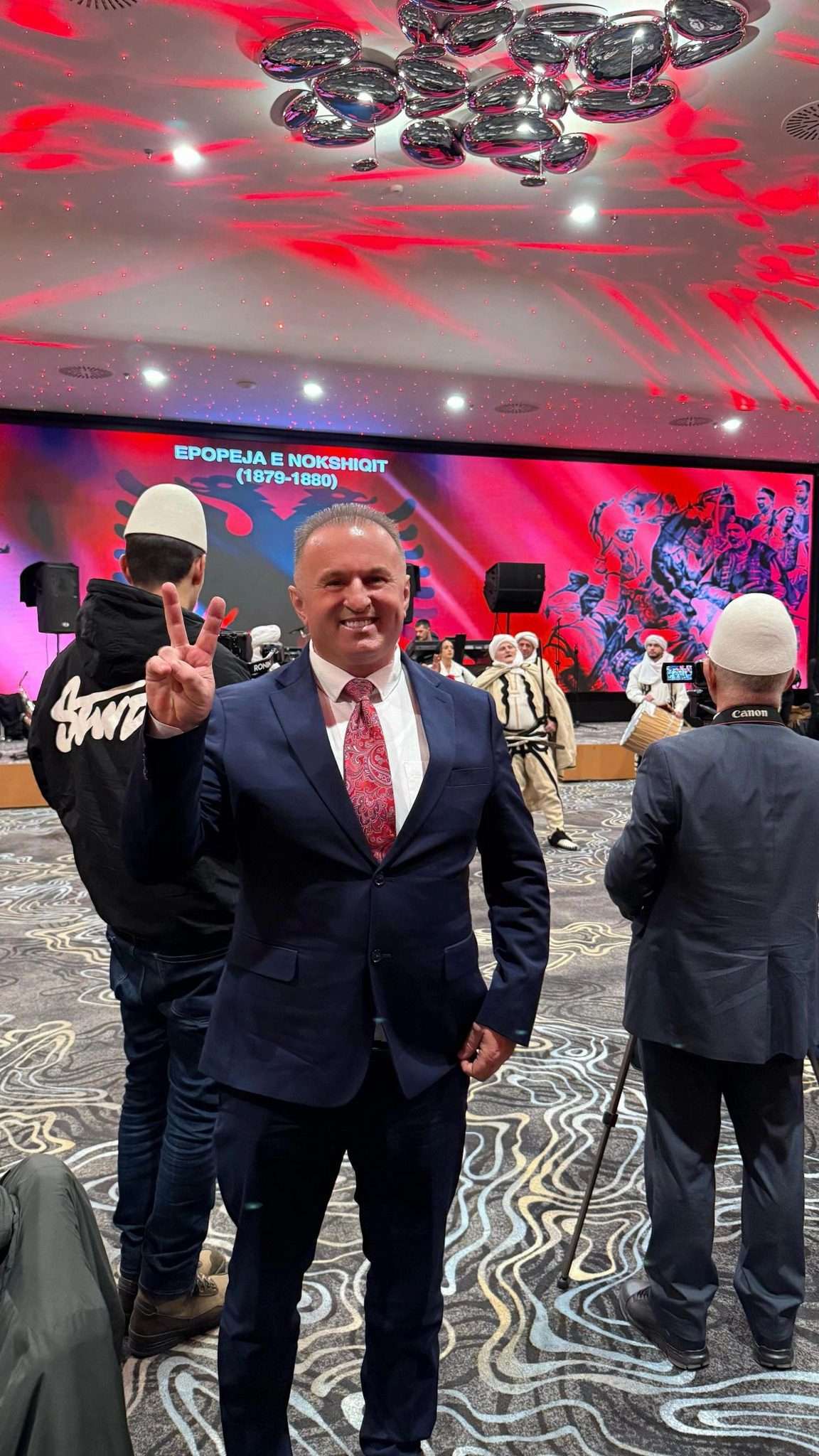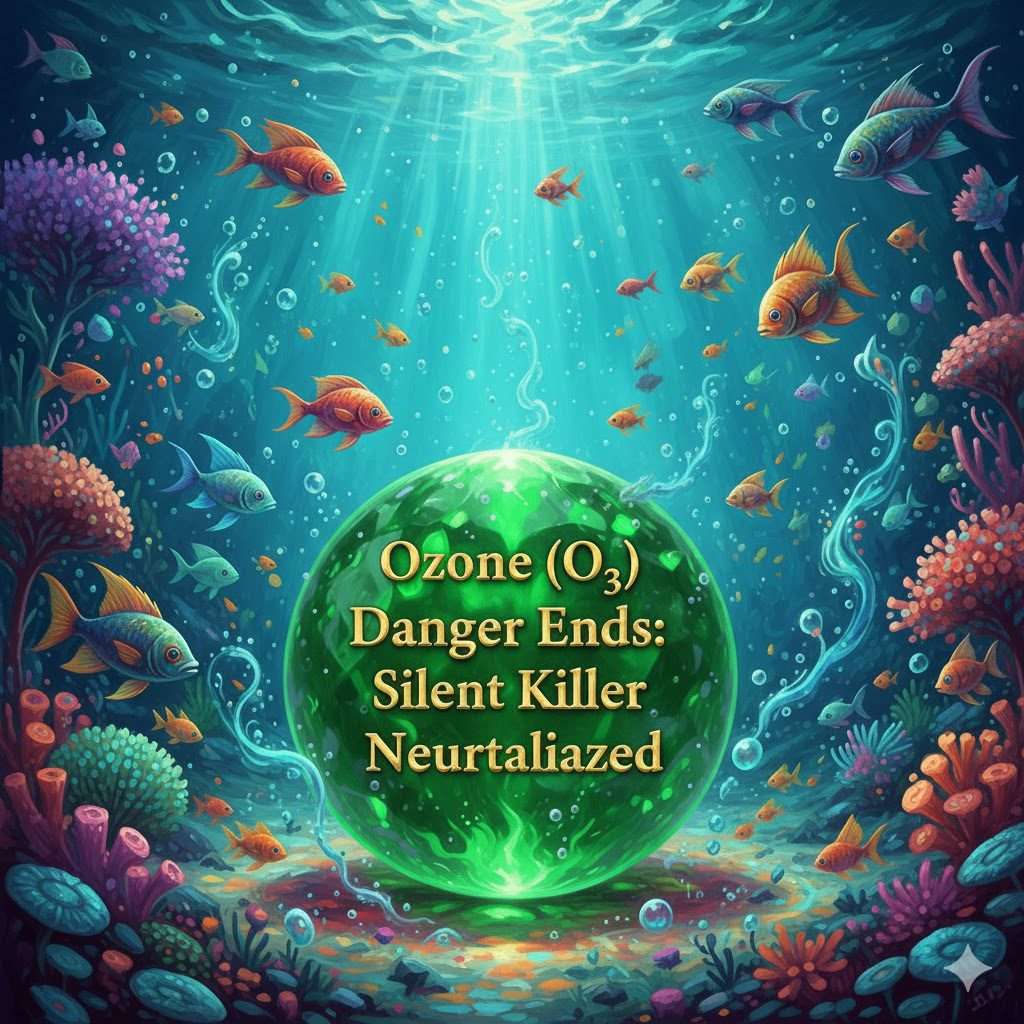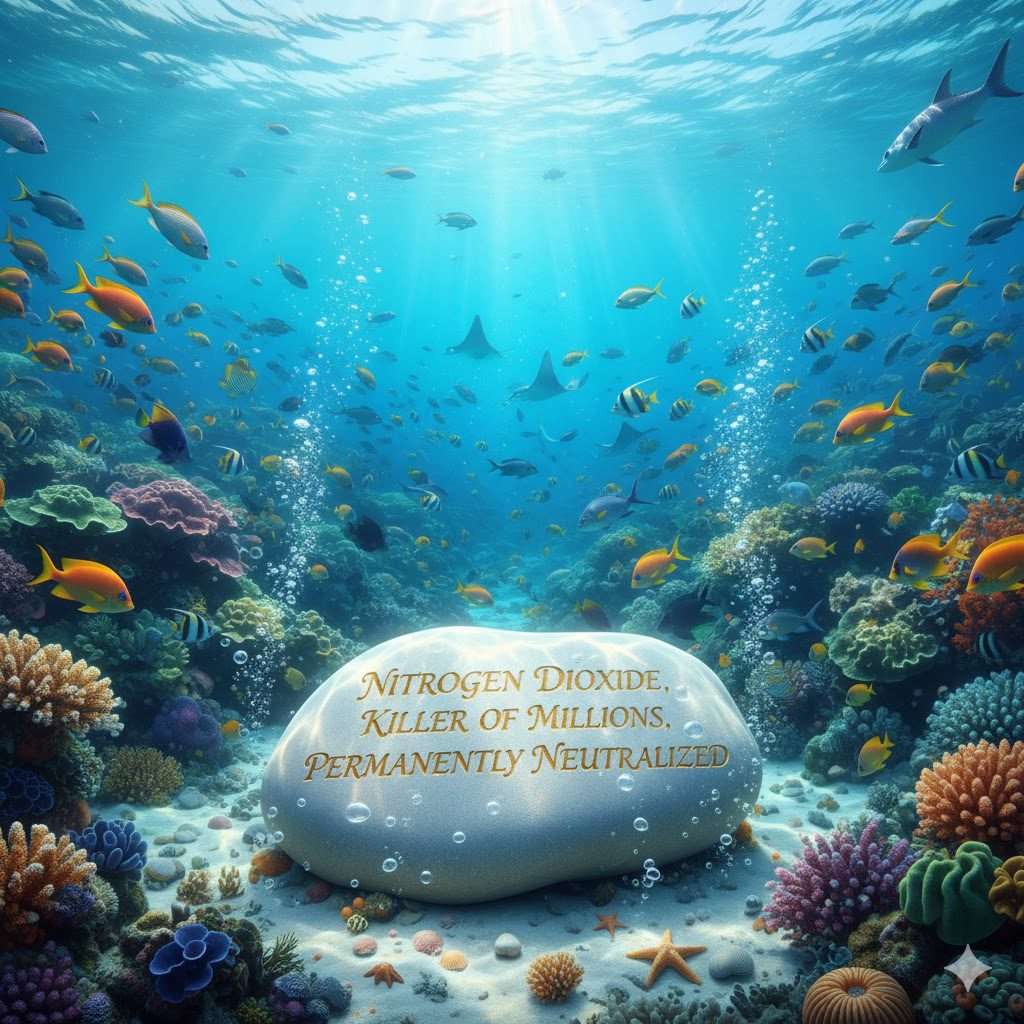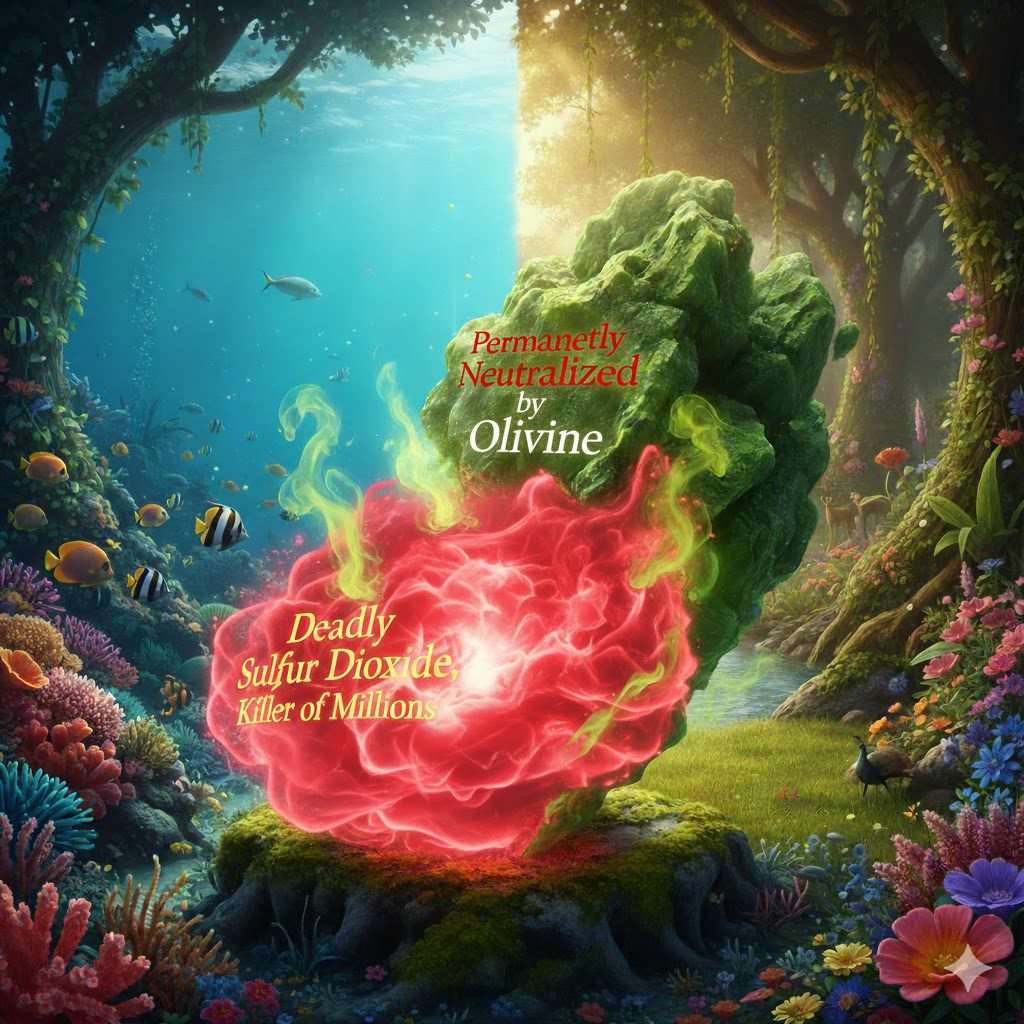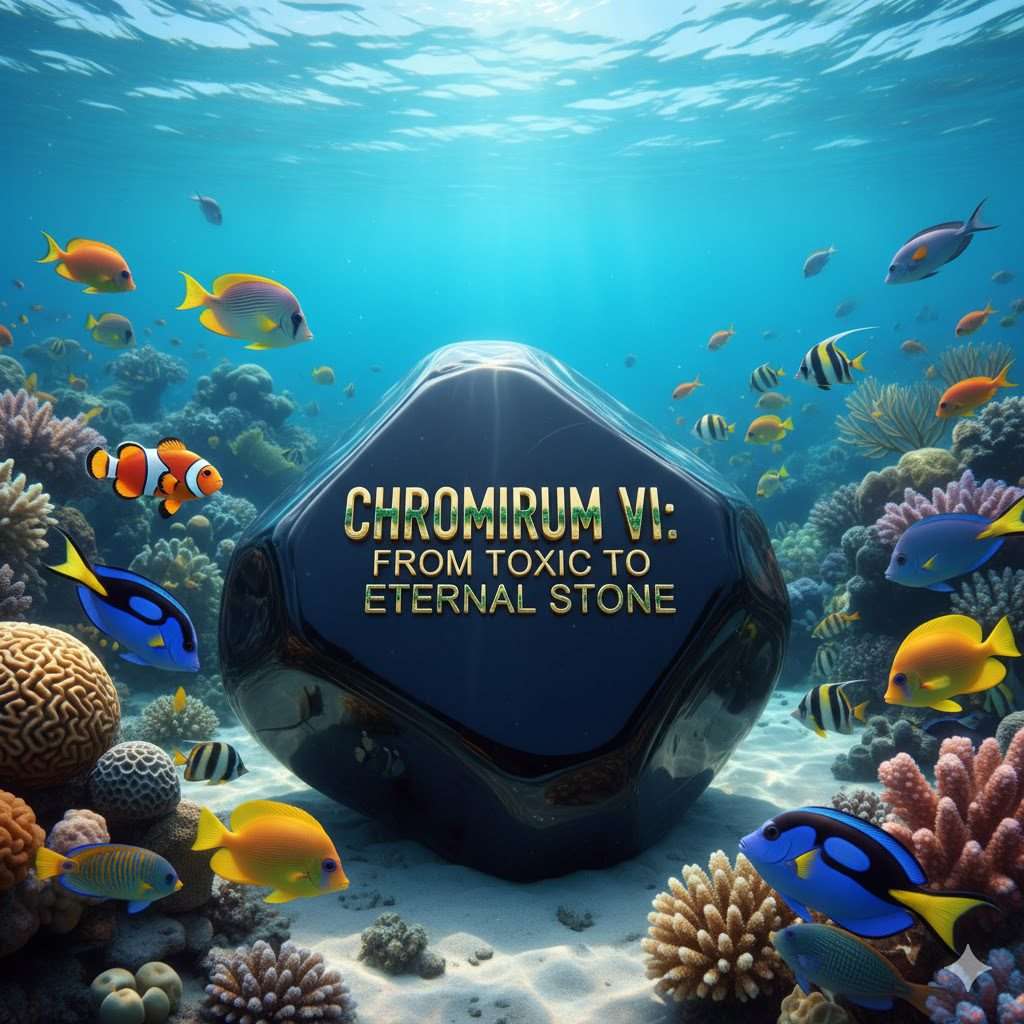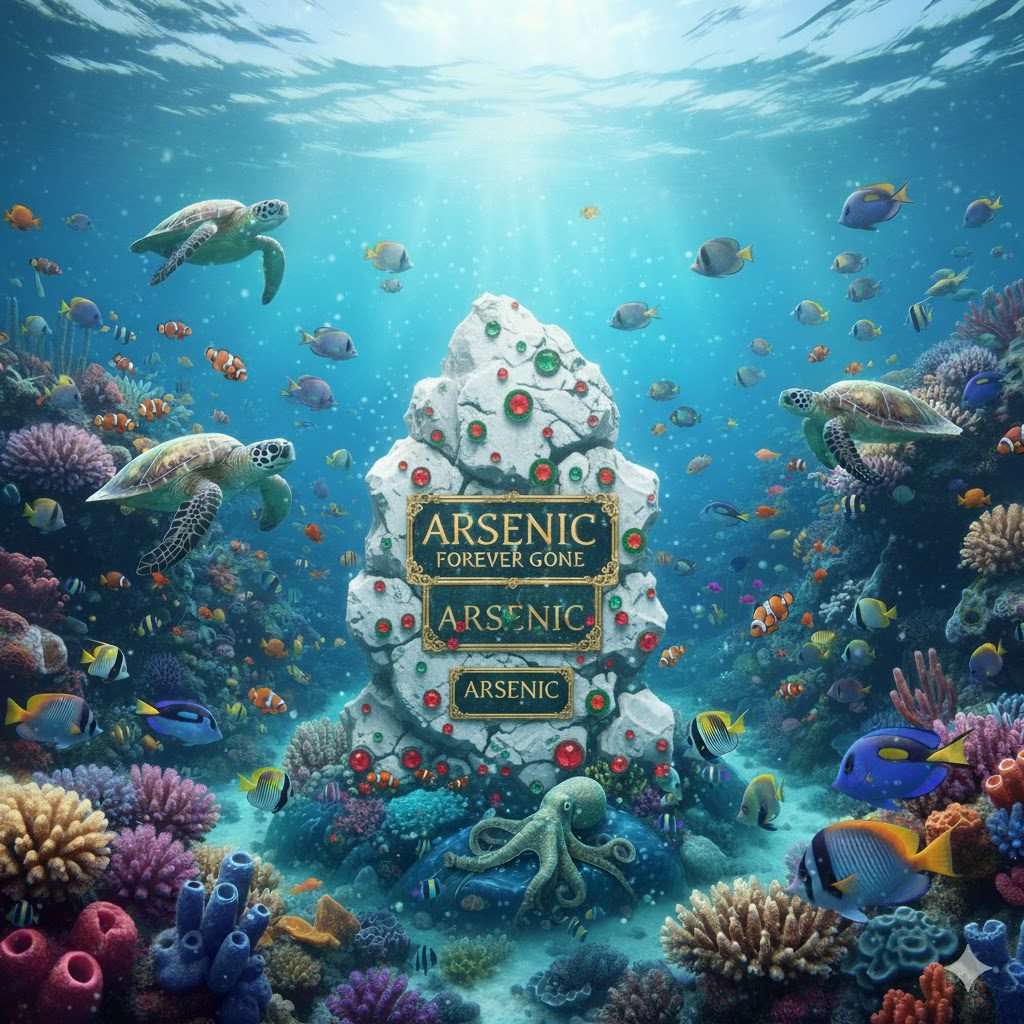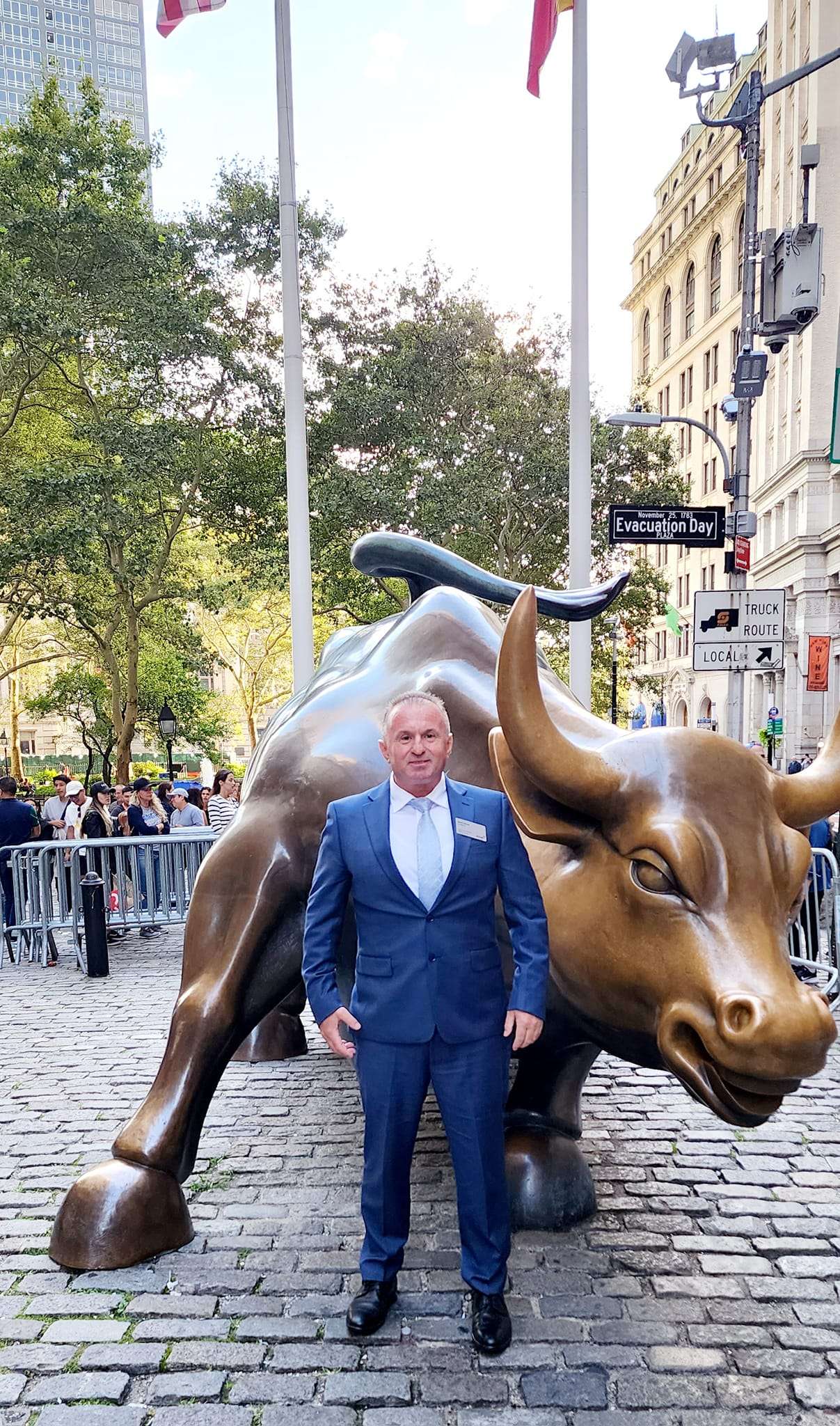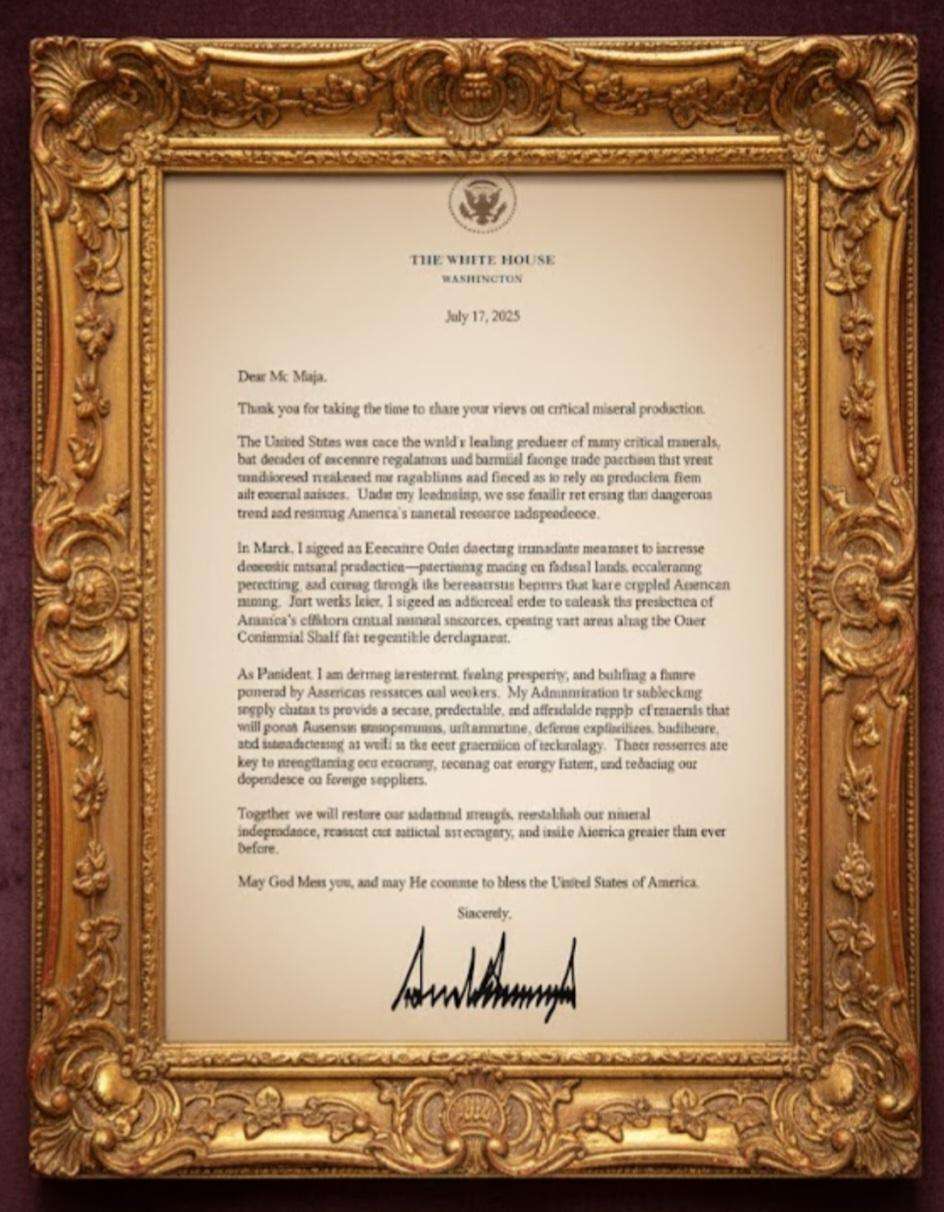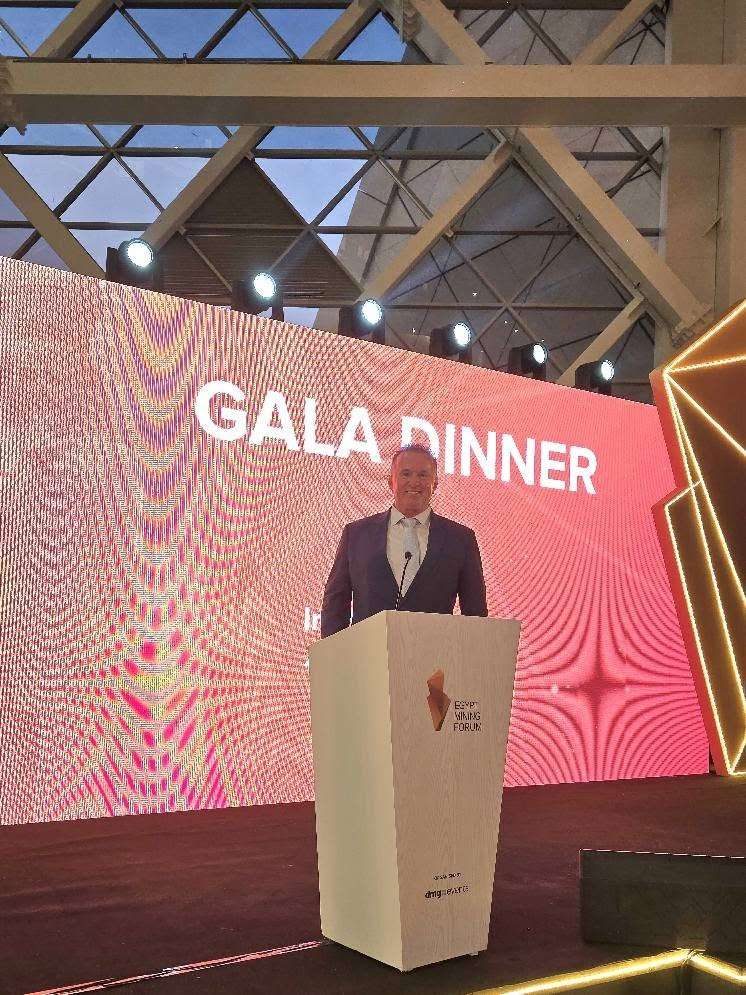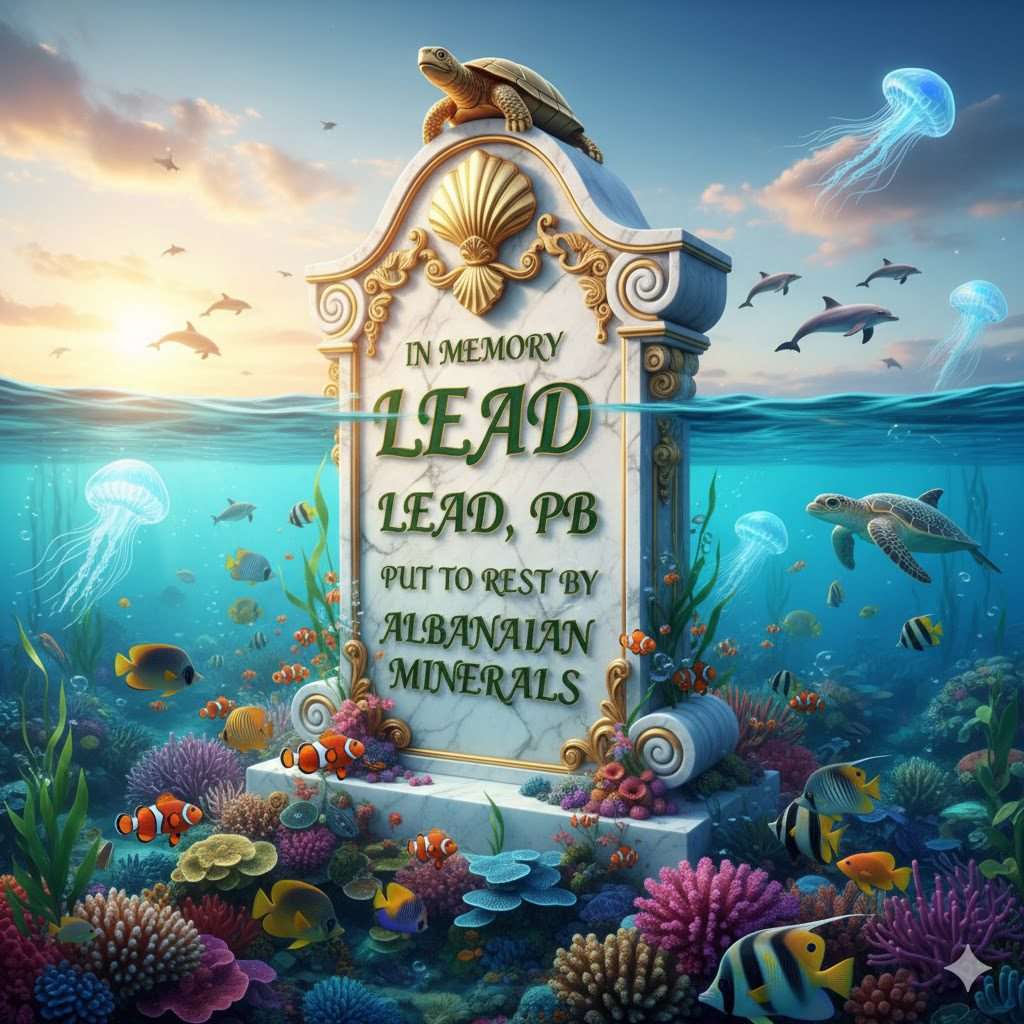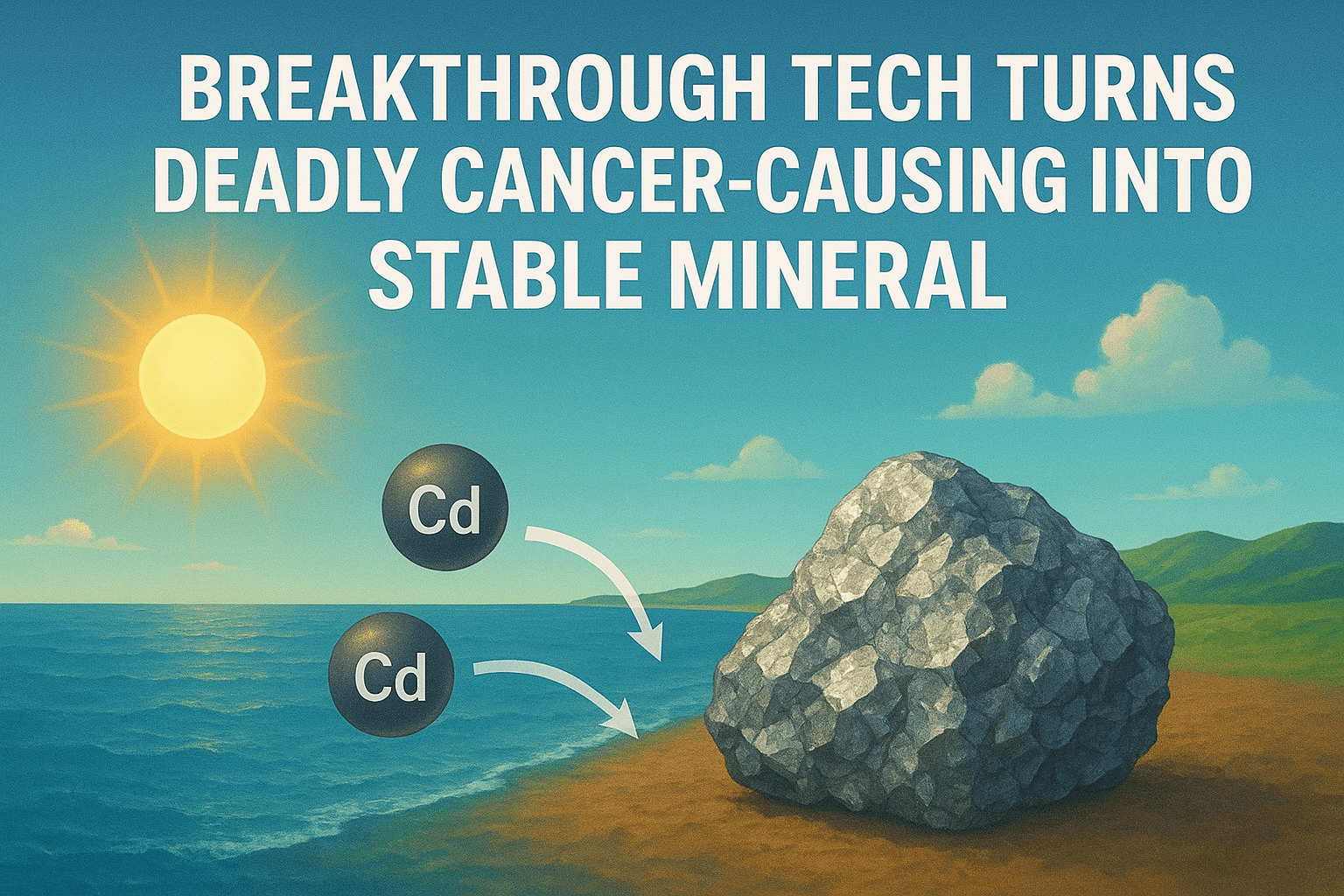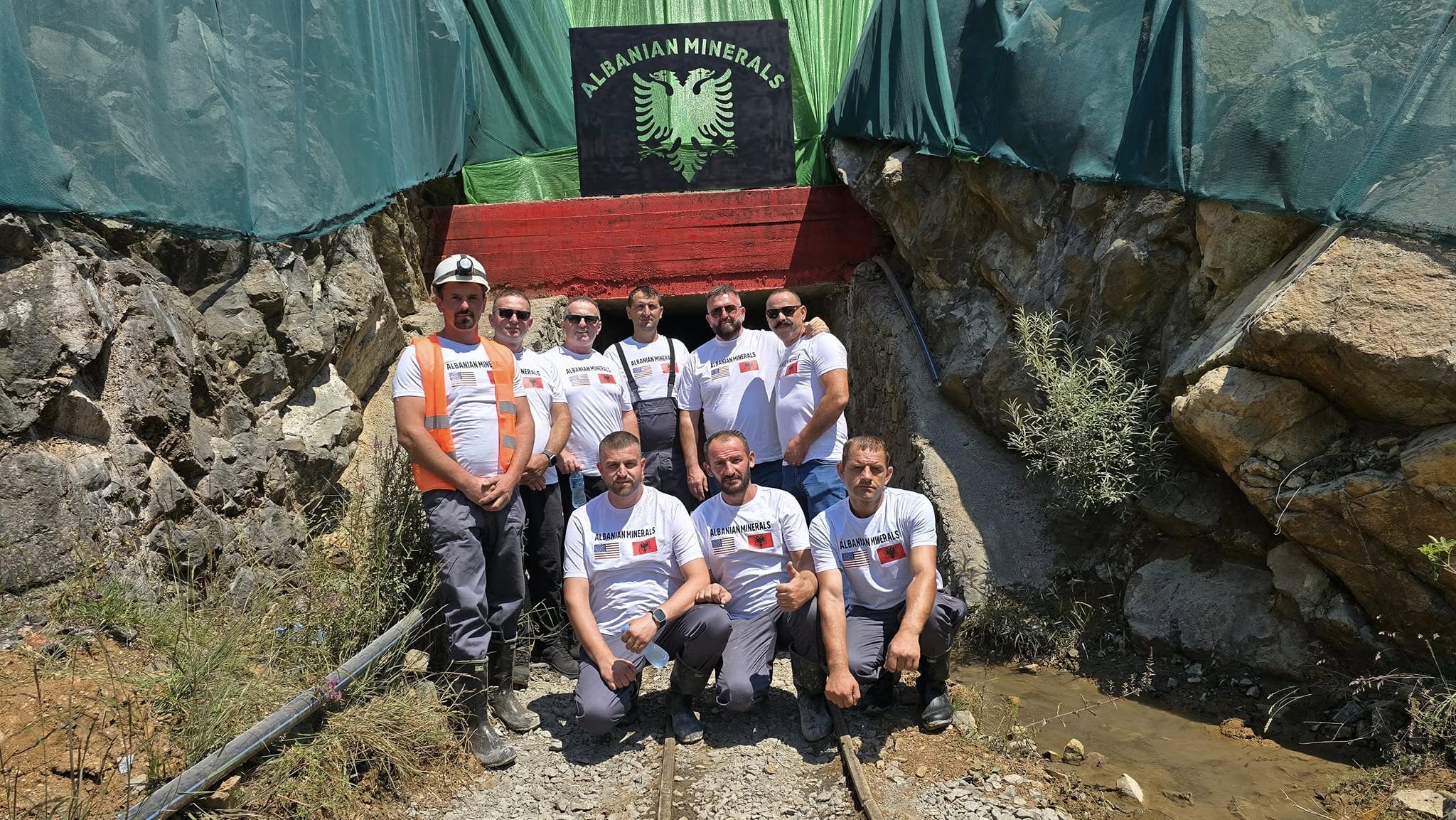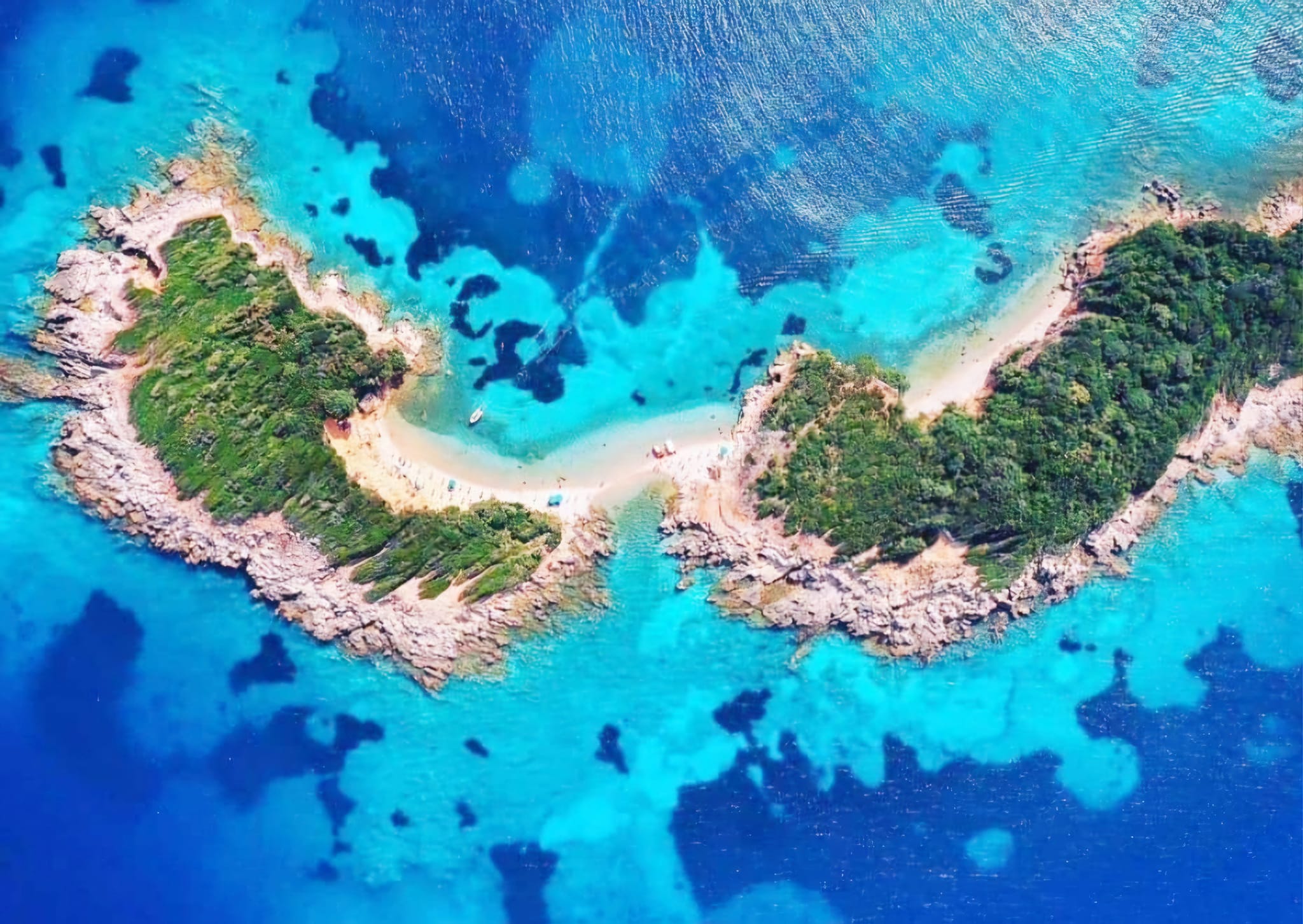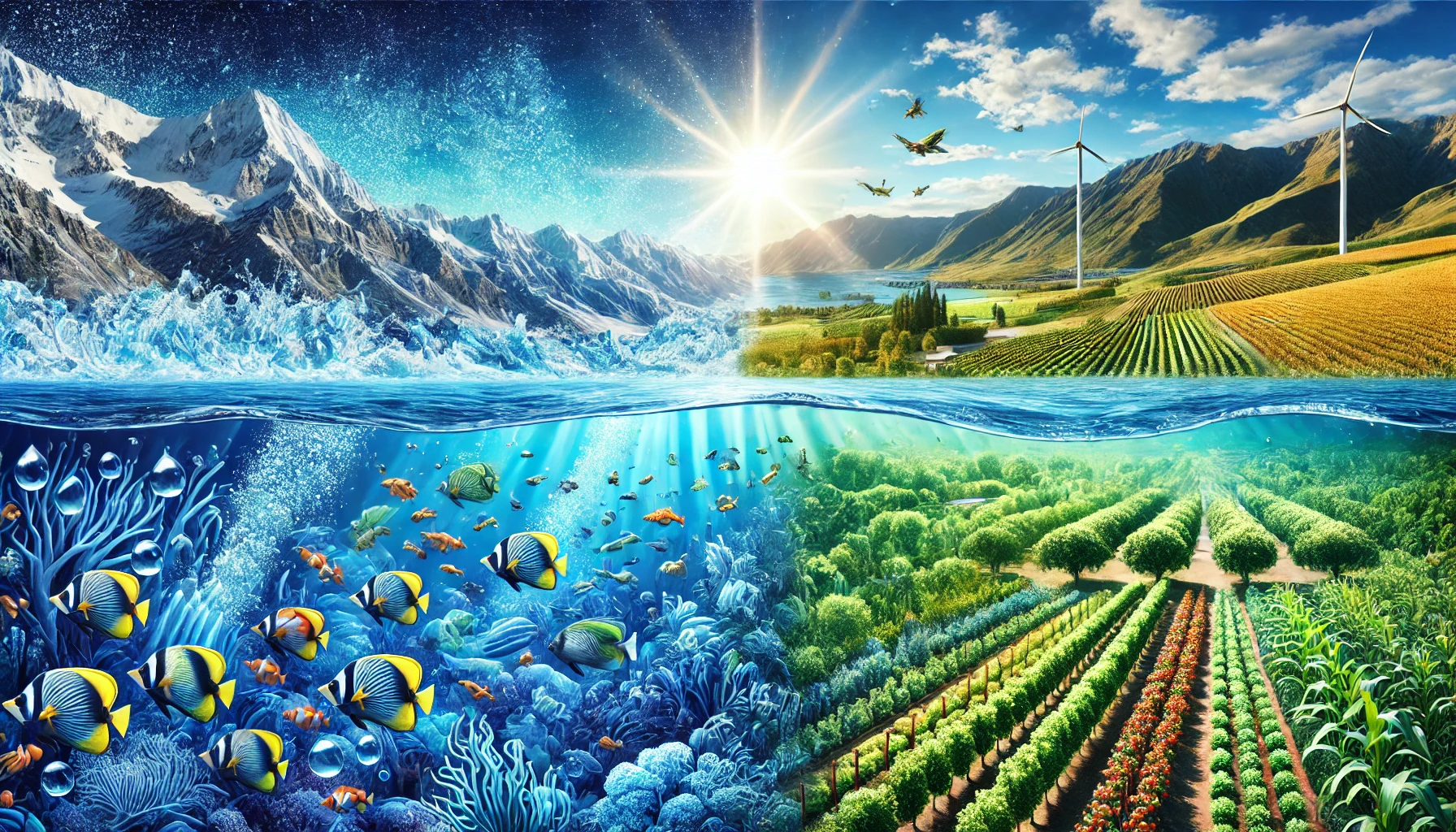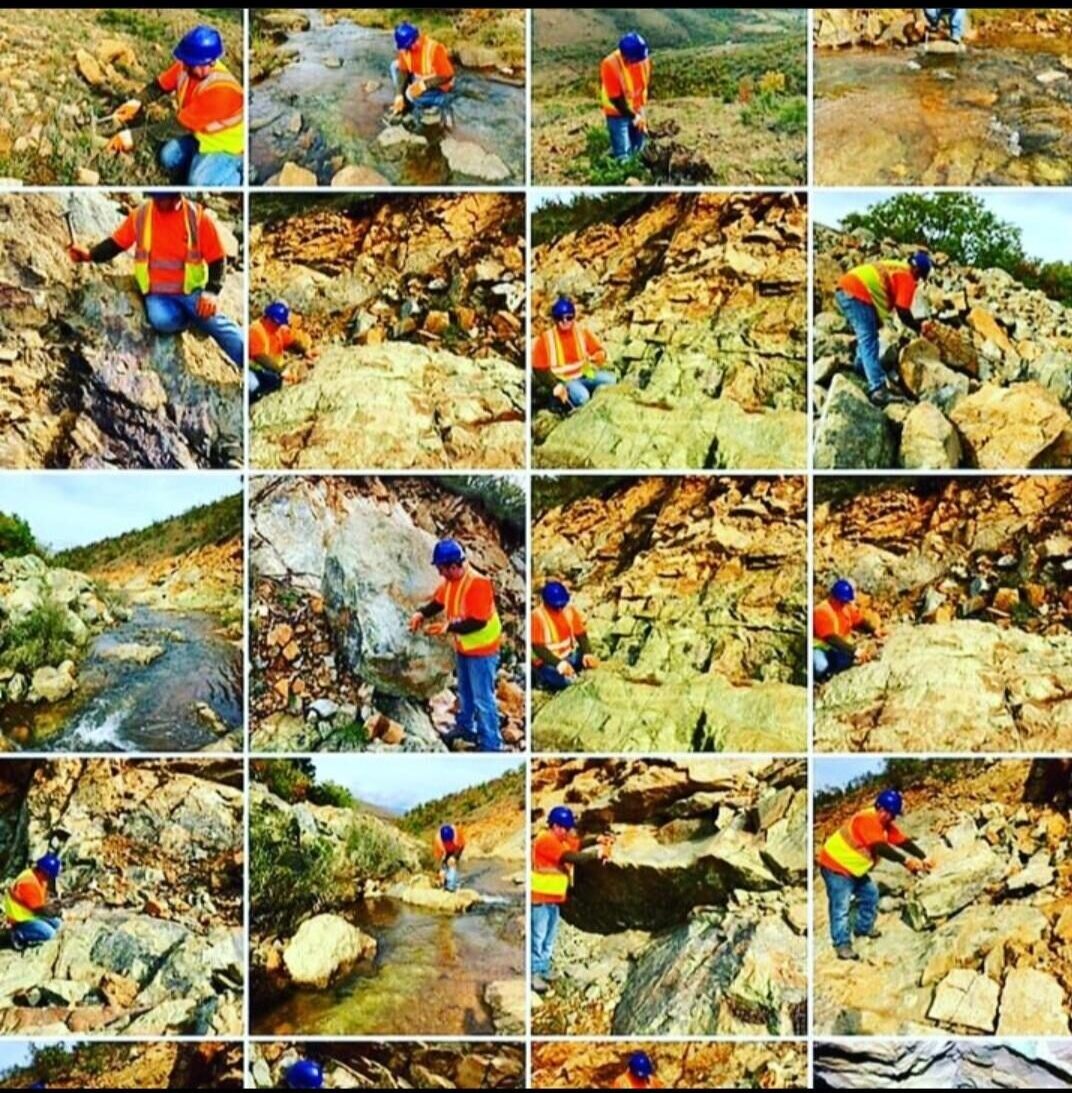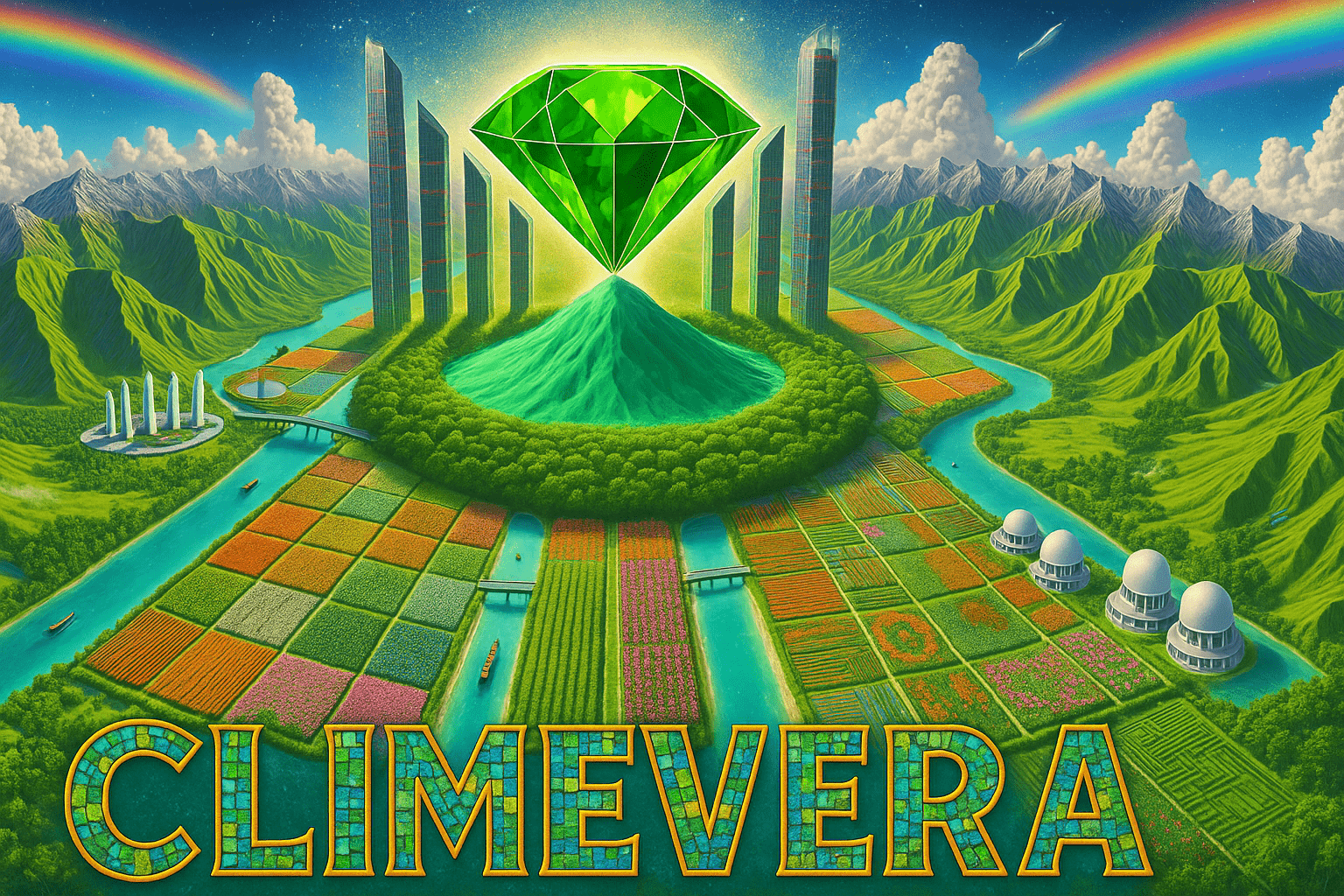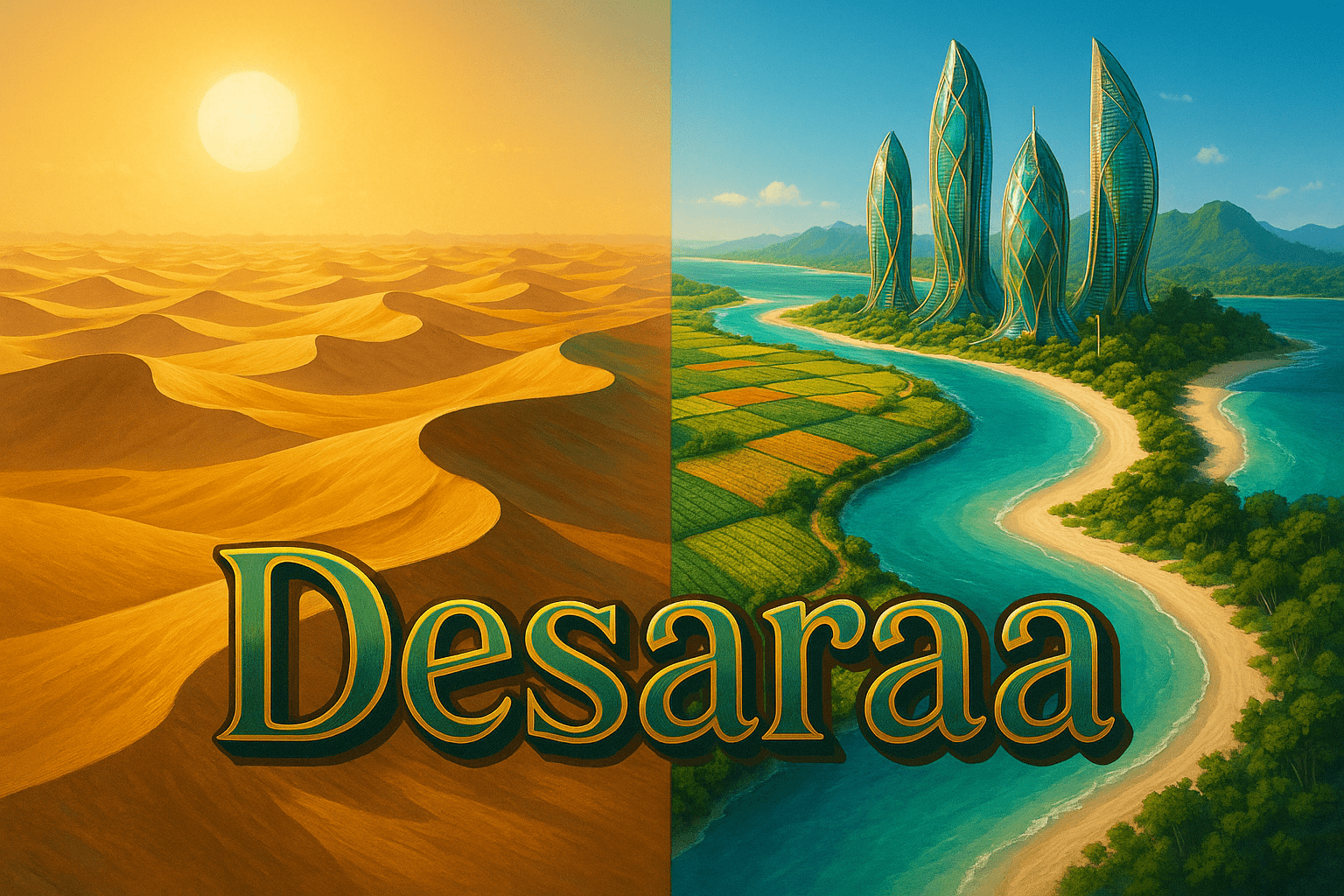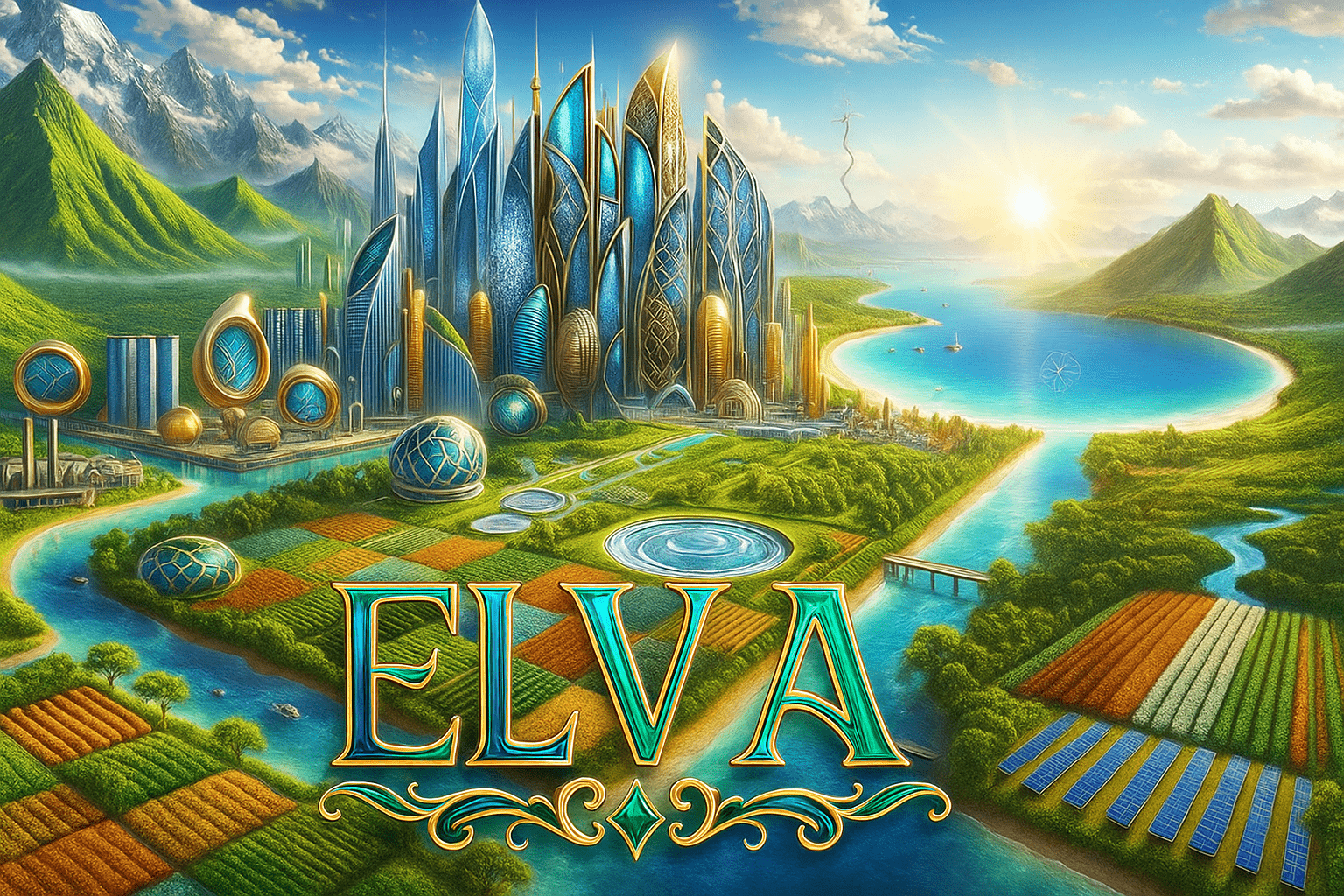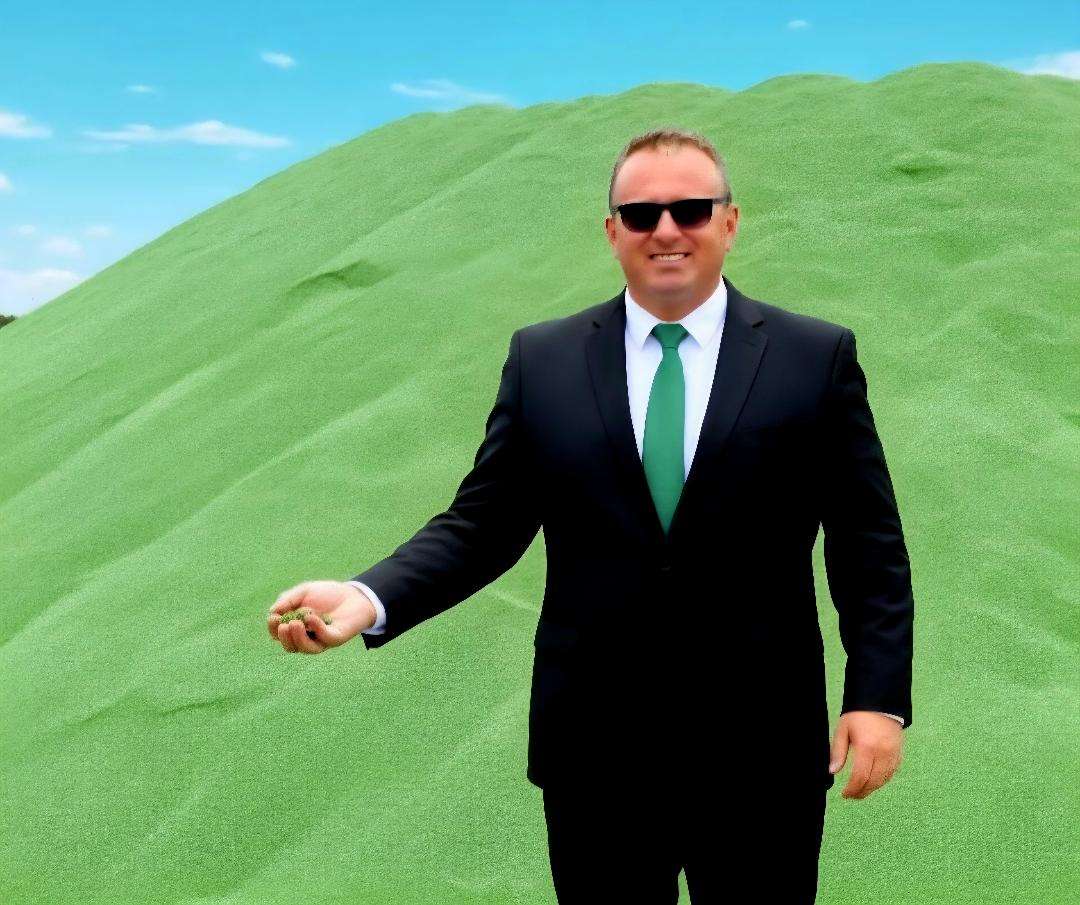
Sahit Muja Forbes: Unlocking The Potential Of Olivine To Drive Sustainable Innovations
High in the Albanian Alps, where mountain light glints against ancient green rock, a quiet revolution is beginning. The stone is magnesium olivine — a green silicate mineral that has existed since the Earth’s birth — and to Sahit Muja, it may hold the key to one of humanity’s most urgent quests: cleansing a poisoned planet.
Muja, the founder and CEO of Albanian Minerals, speaks not like a mining executive, but like a natural philosopher. “Nature is the original engineer,” he says. “It has written the laws of balance and regeneration. We only need to follow them.” His company, which controls vast deposits of olivine in Albania and beyond, is betting that this humble mineral can do what billions in technology have so far struggled to achieve — neutralize pollution, capture carbon, and restore ecological equilibrium on a planetary scale.
The Forgotten Chemistry of the Earth
Olivine’s promise lies in its simplicity. When the mineral reacts with air and water, it binds carbon dioxide and other pollutants, turning them into stable, harmless materials — a natural process known as mineral carbonation. It is, in essence, the Earth’s own way of purifying itself, a chemical reaction that has quietly shaped the planet’s climate for eons.
“Every grain of olivine is a microscopic reactor,” Muja explains. “It captures CO₂, detoxifies the environment, and releases beneficial minerals like magnesium and silicon back into nature. Each reaction is permanent and restorative — no emissions, no waste, no harm.”
In laboratory and field studies, olivine has shown the ability to neutralize acid rain, stabilize toxic metals, and even counteract ocean acidification. Muja’s team has spent years developing scalable methods to accelerate these natural reactions using renewable energy, data systems, and the same forces that drive the planet — sunlight, water, wind, and gravity.
Their ambition is staggering: a global network of mineral-based purification systems that could transform pollution itself into the raw material of regeneration.
A Trillion-Dollar Frontier of Restoration
Pollution kills more than 10 million people annually, and the World Bank estimates its financial cost at over $8 trillion a year — about 6% of global GDP. Yet, Muja argues, these staggering losses mask an opportunity: what if environmental damage could become the foundation of a new, regenerative economy?
He calls it “verdant gold” — a new form of wealth born not from extraction, but from restoration. “Pollution is not a curse,” he says. “It’s a resource awaiting transformation. What we see as waste, nature sees as potential.”
In this vision, each ton of olivine spread on land or in shallow seas could permanently capture one ton of CO₂, while enriching soils and cleansing water. Scaled globally, the effect could be profound: desert soils revitalized, acidified oceans healed, and cities breathing cleaner air. Albanian Minerals, which Muja says controls around 90% of the world’s high-grade olivine reserves, has already begun pilot projects that integrate olivine’s chemistry into agriculture, marine restoration, and industrial waste treatment.
The Mineral of Life
Beyond its environmental applications, magnesium — olivine’s defining element — is also biologically essential. It anchors chlorophyll, the molecule that turns sunlight into energy during photosynthesis, and fuels ATP, the body’s molecular energy carrier. It stabilizes heart rhythms, strengthens bones, and regulates hundreds of cellular processes. “Without magnesium,” Muja says, “there would be no forests, no oceans, no humanity. It is the element of life itself.”
To him, harnessing magnesium olivine industrially is not merely a technological achievement, but a philosophical one — aligning human progress with the natural balance that sustains existence.
From Exploitation to Regeneration
Muja’s ideas fall within a growing global movement toward regenerative capitalism — an emerging philosophy that views ecological restoration as both moral imperative and economic opportunity. In this model, carbon becomes currency, and pollution becomes input. The Earth’s natural chemistry provides the blueprint; human intelligence provides the scale.
“It’s not sustainability,” Muja insists. “It’s continuity — an economy that rewards what restores, not what destroys.”
If realized, the model could redefine the meaning of industrial wealth. Instead of mining finite resources, companies would mine the chemistry of renewal. The result: an economy built not on depletion, but on equilibrium.
Science Meets Harmony
To skeptics, such ideas can sound poetic — too visionary for a world still powered by fossil fuels. But the underlying science of olivine weathering is well-documented. Research by institutions such as Columbia University’s Lamont-Doherty Earth Observatory and the Dutch olivine project has long explored the mineral’s ability to absorb CO₂ naturally. What Muja proposes is not to invent new chemistry, but to scale nature’s own design.
The process, he argues, is circular, permanent, and self-sustaining — a technology that doesn’t fight nature, but collaborates with it. “The Earth has already written the formula,” Muja says. “We just need to listen.”
The Green Alchemy of the Future
The stakes could not be higher. Climate change, ocean acidification, toxic pollution, and biodiversity collapse are not separate crises, but symptoms of the same imbalance — humanity’s estrangement from the natural systems that created it. Magnesium olivine offers, in Muja’s words, “proof that the answers to our greatest challenges are already within the Earth itself.”
In this vision, what once were poisons — sulfur, mercury, lead, carbon — are transformed into participants in a larger cycle of renewal. It is alchemy, but of the scientific kind: turning decay into continuity, and waste into wealth.
As the planet confronts its most perilous century, the idea of Verdant Gold may become more than metaphor. It may be the symbol of a new covenant between civilization and the Earth — one forged not through exploitation, but through partnership.
